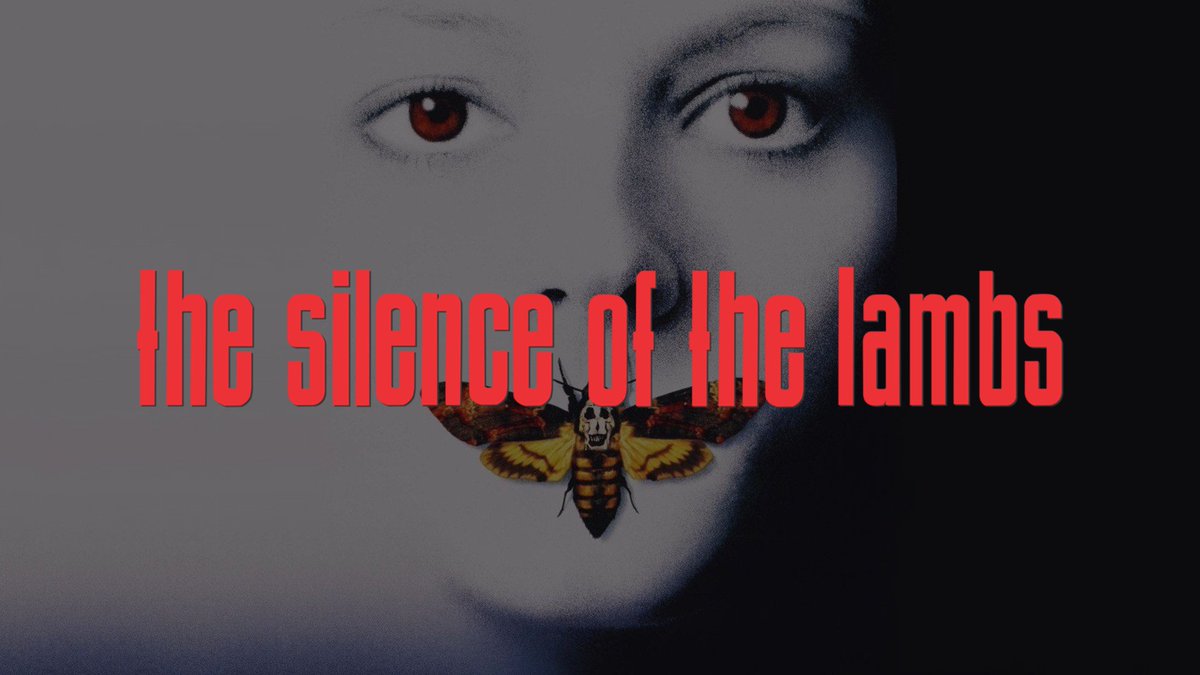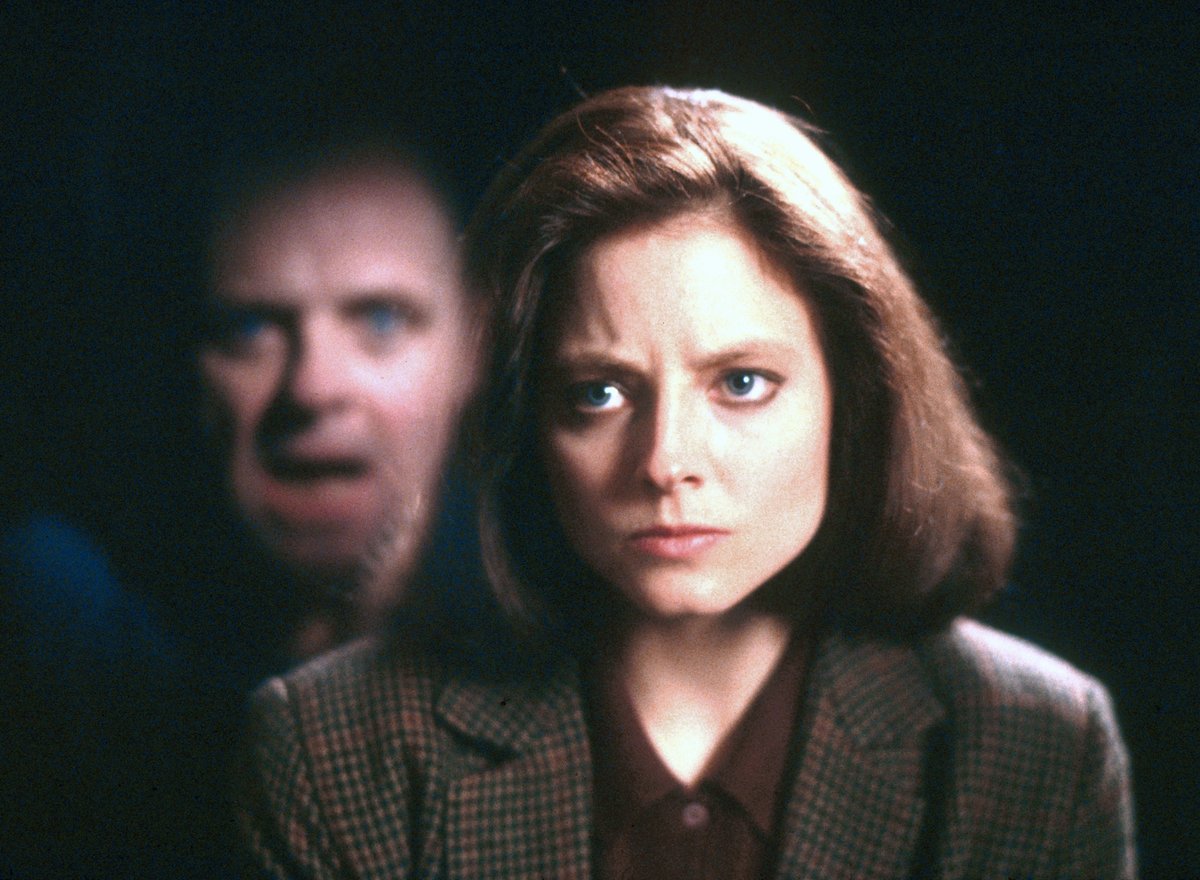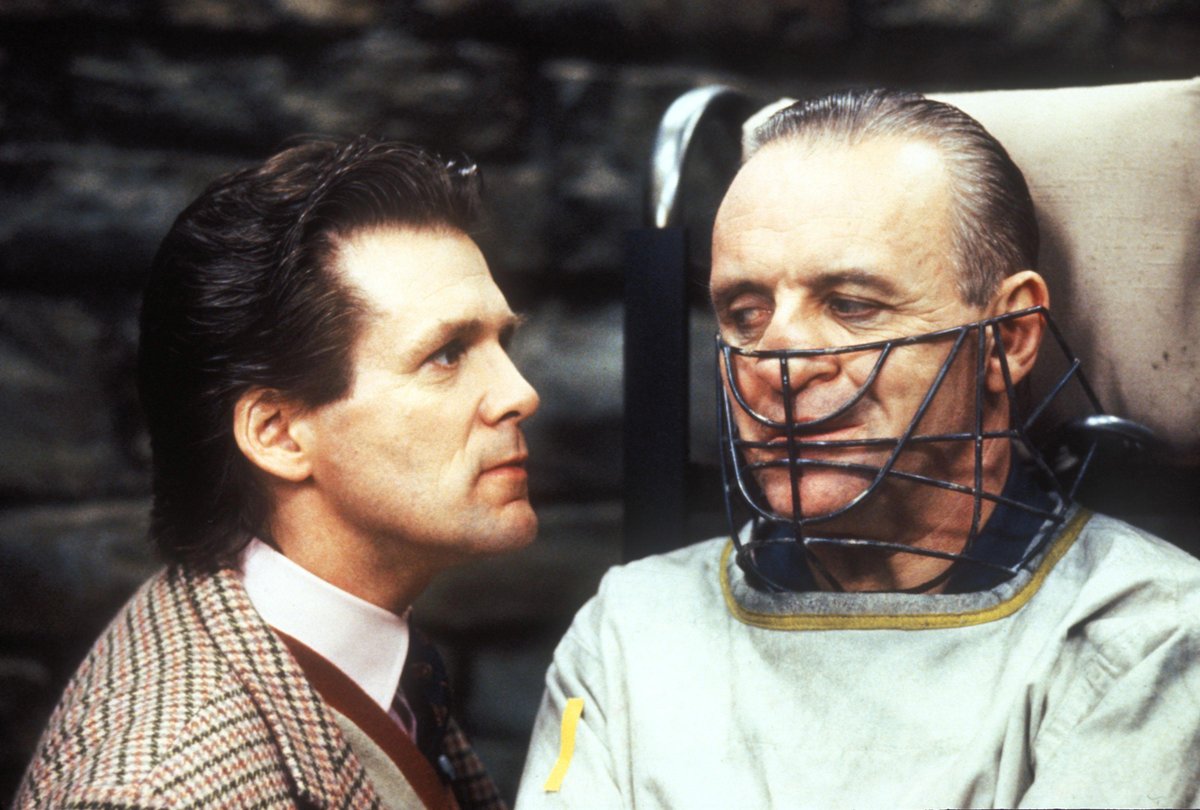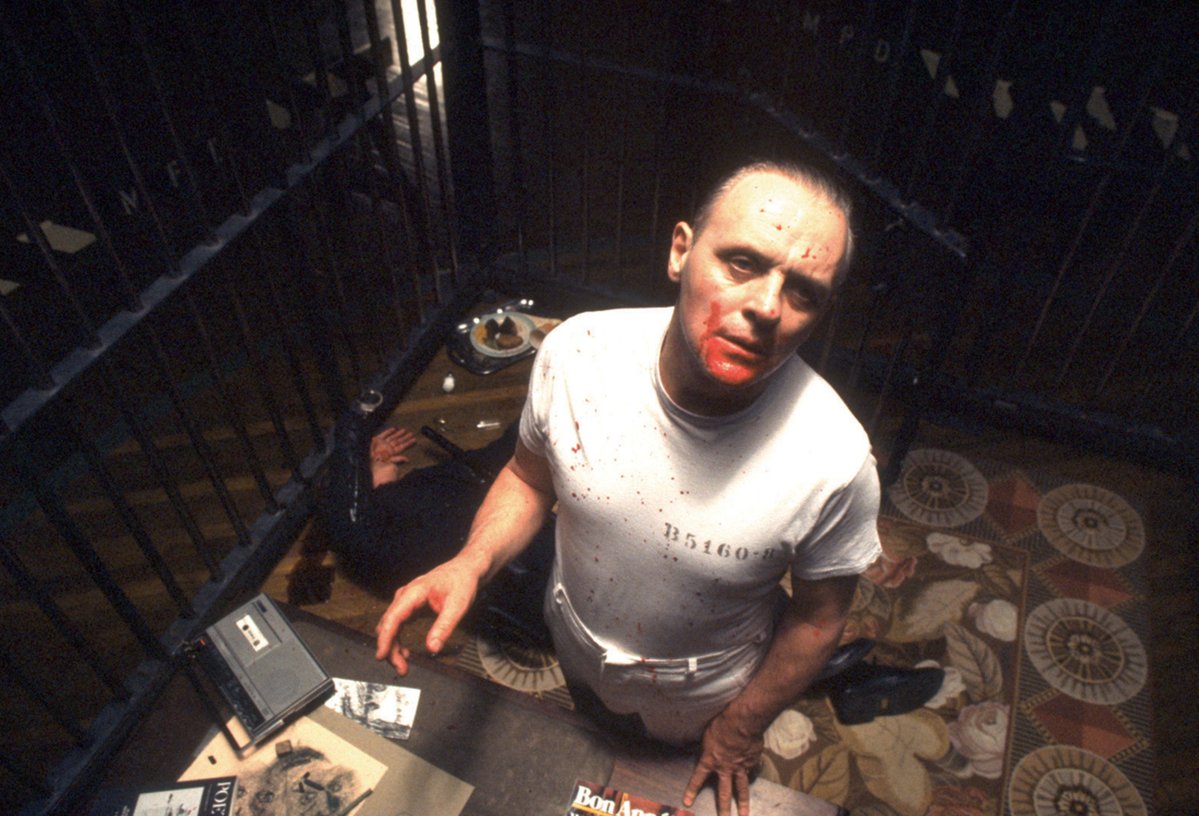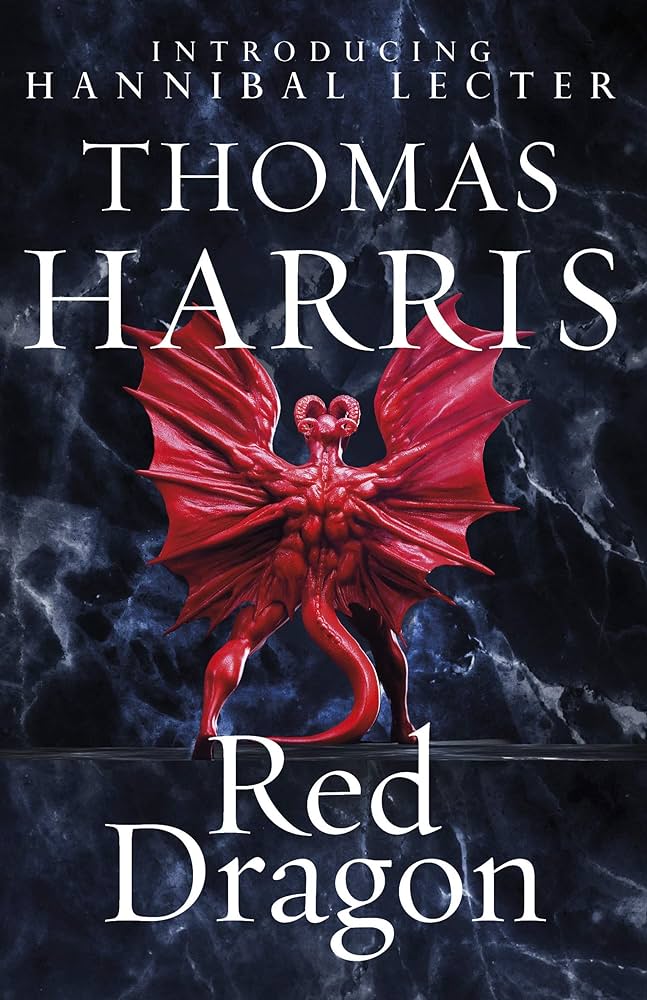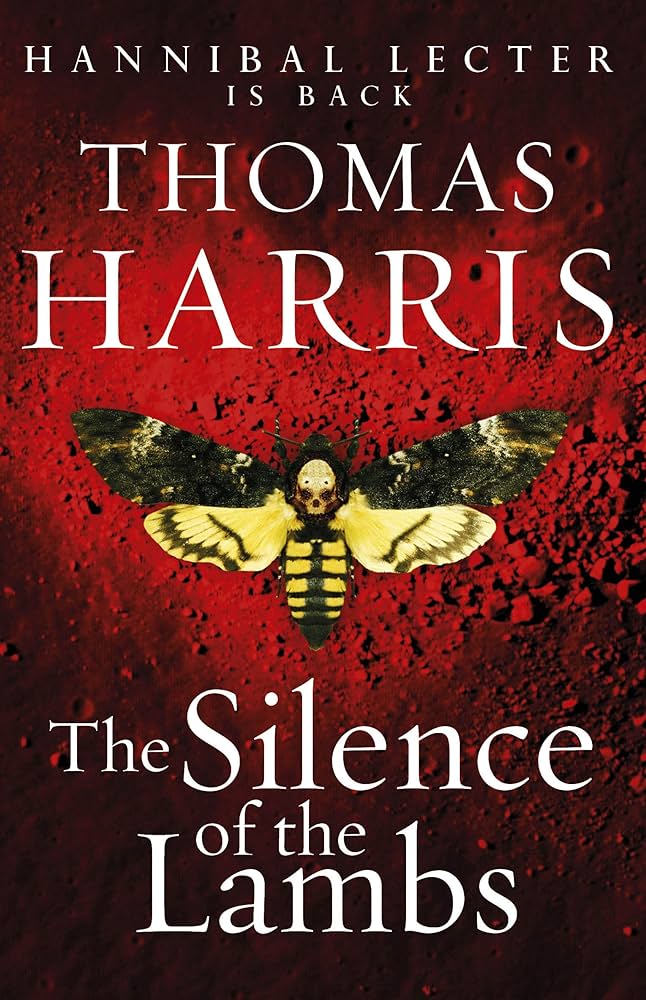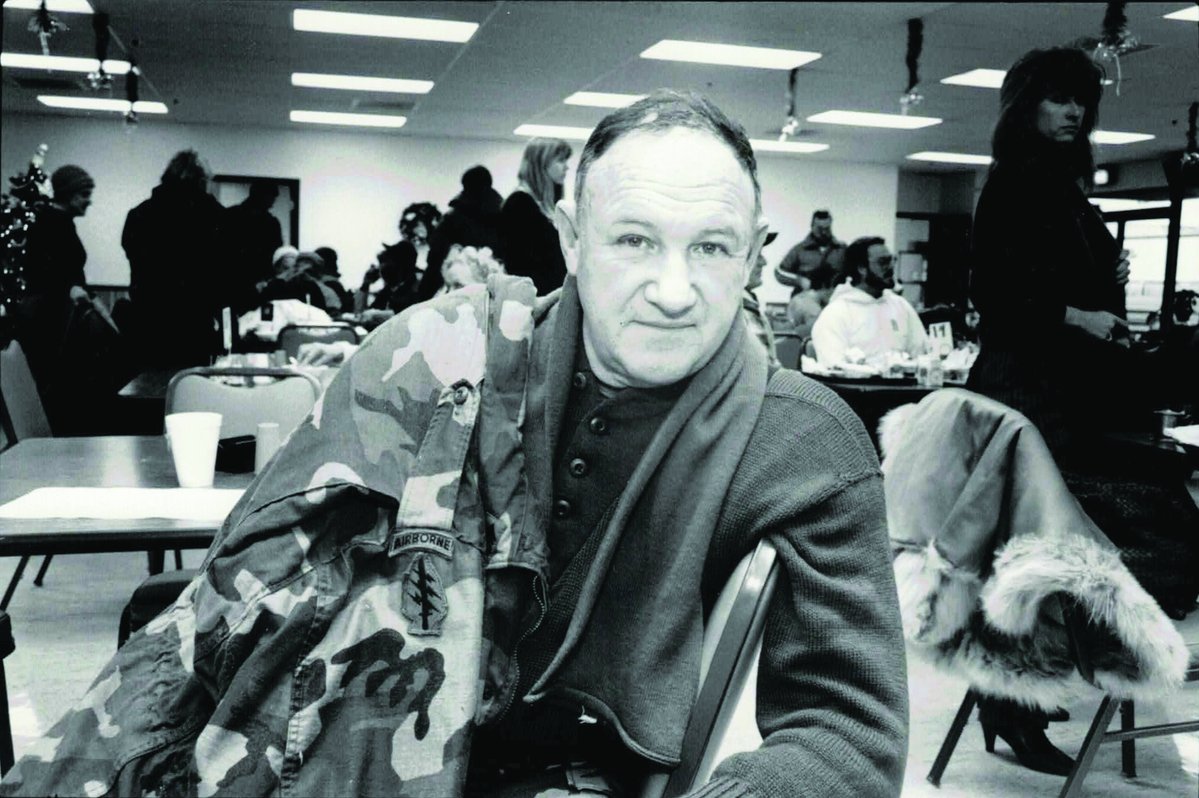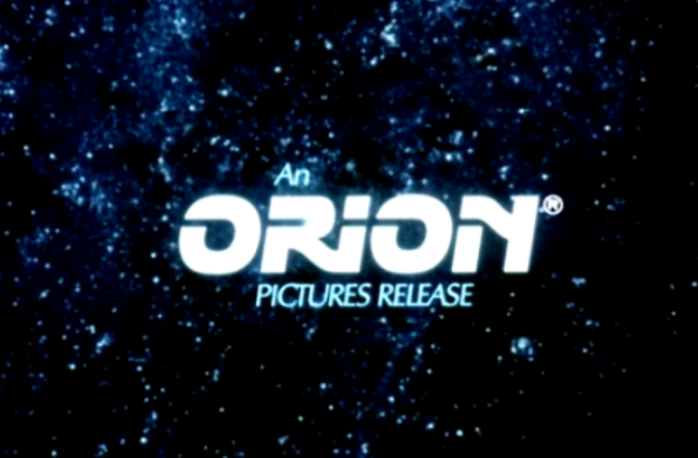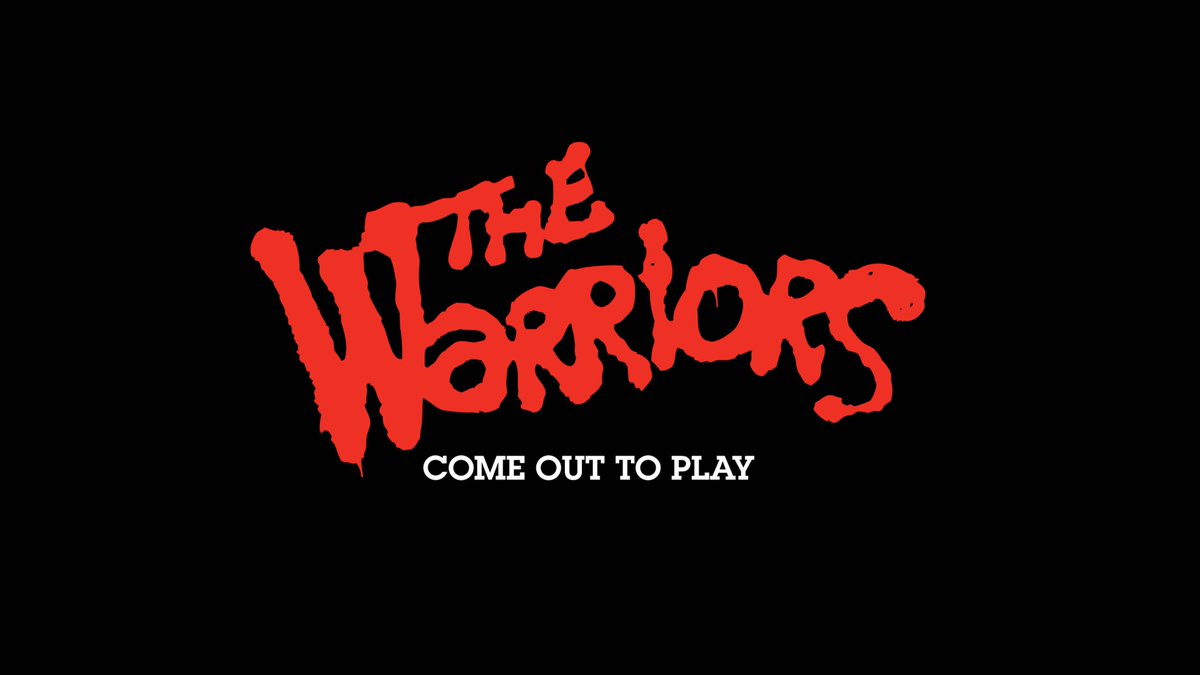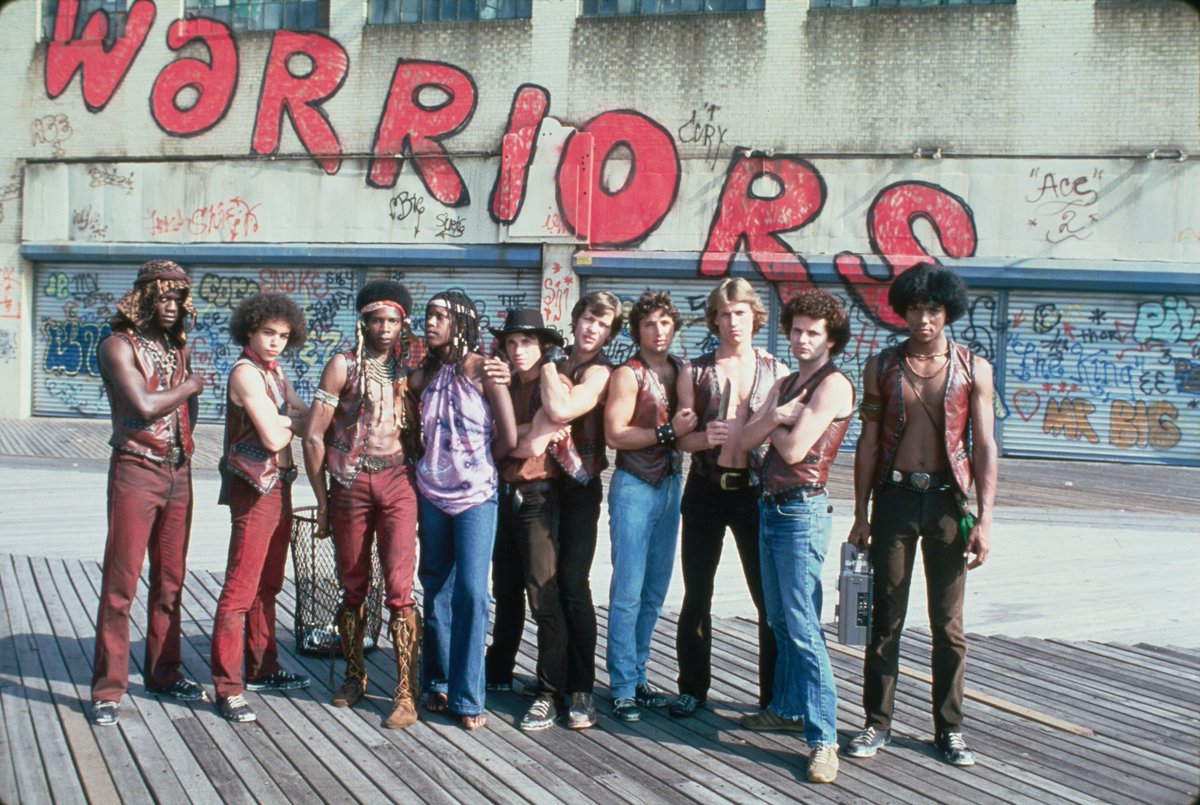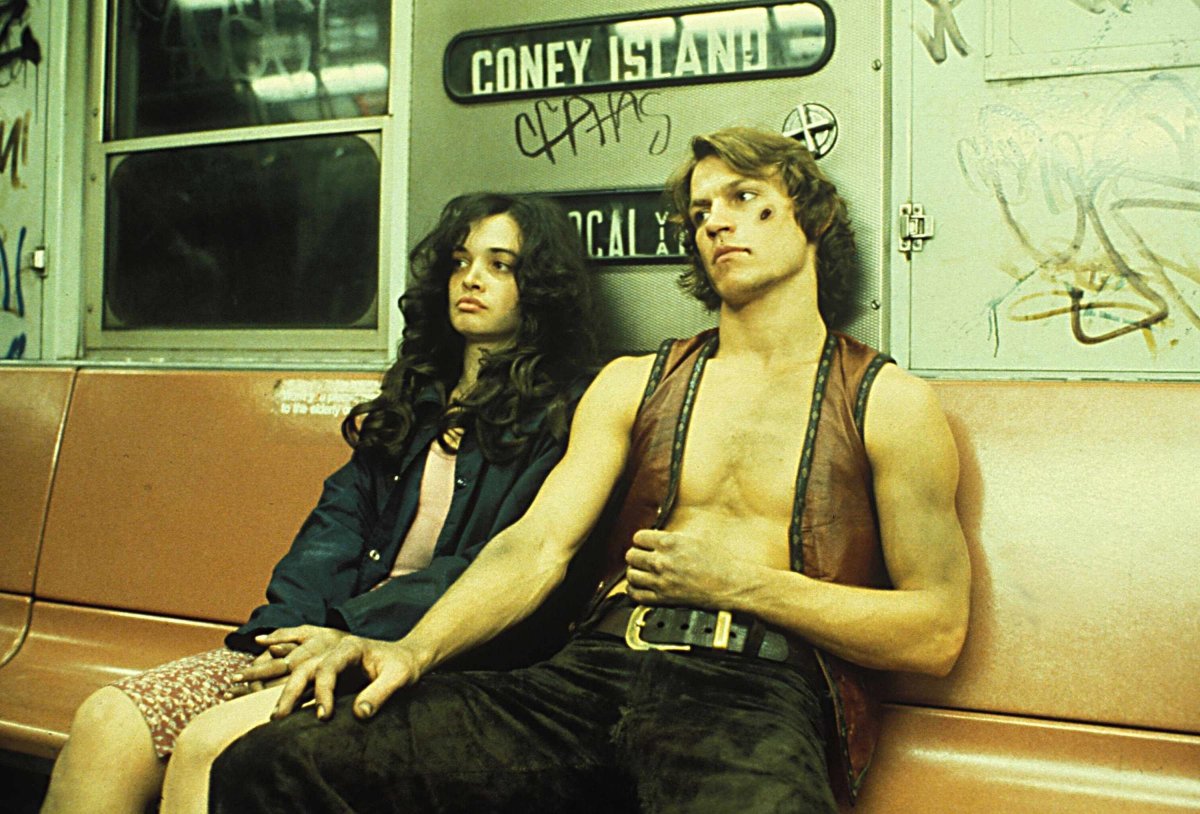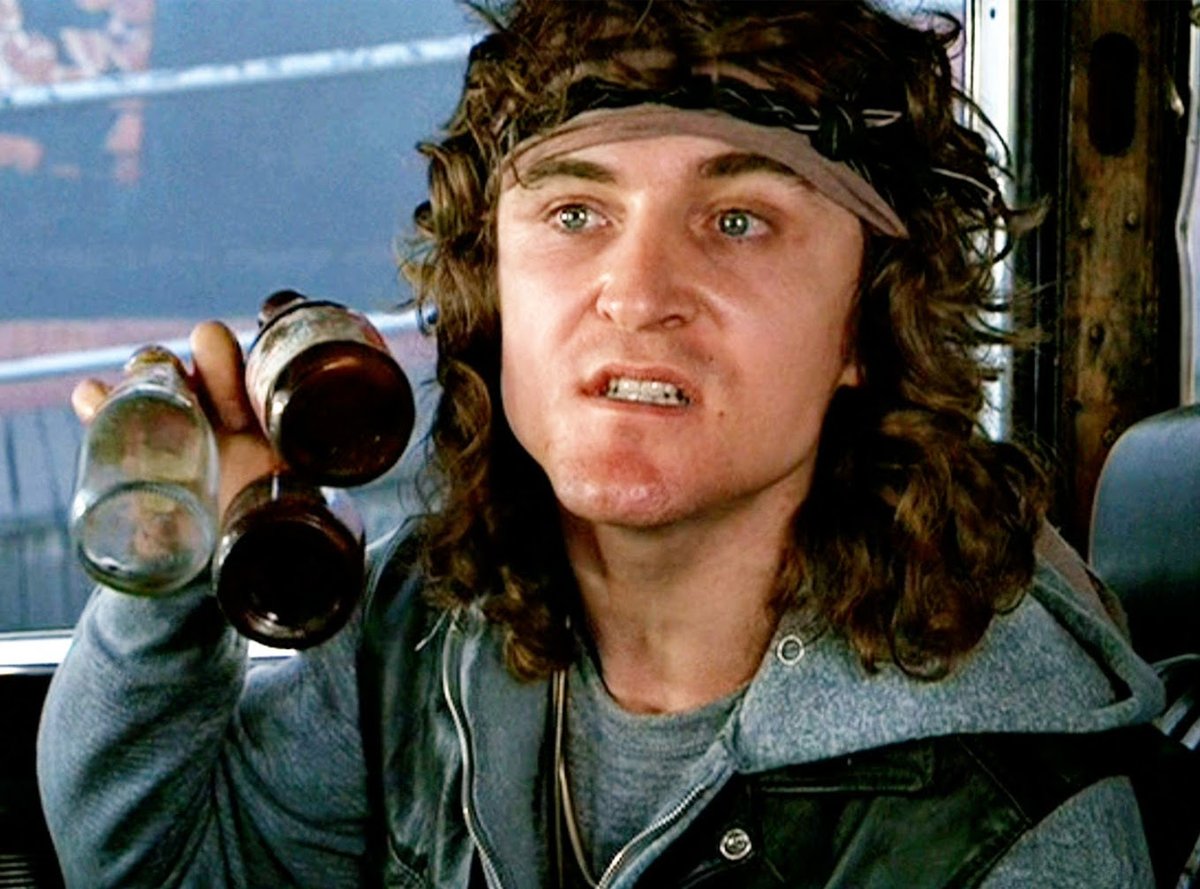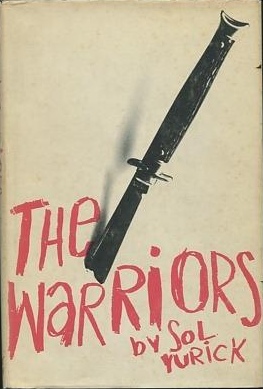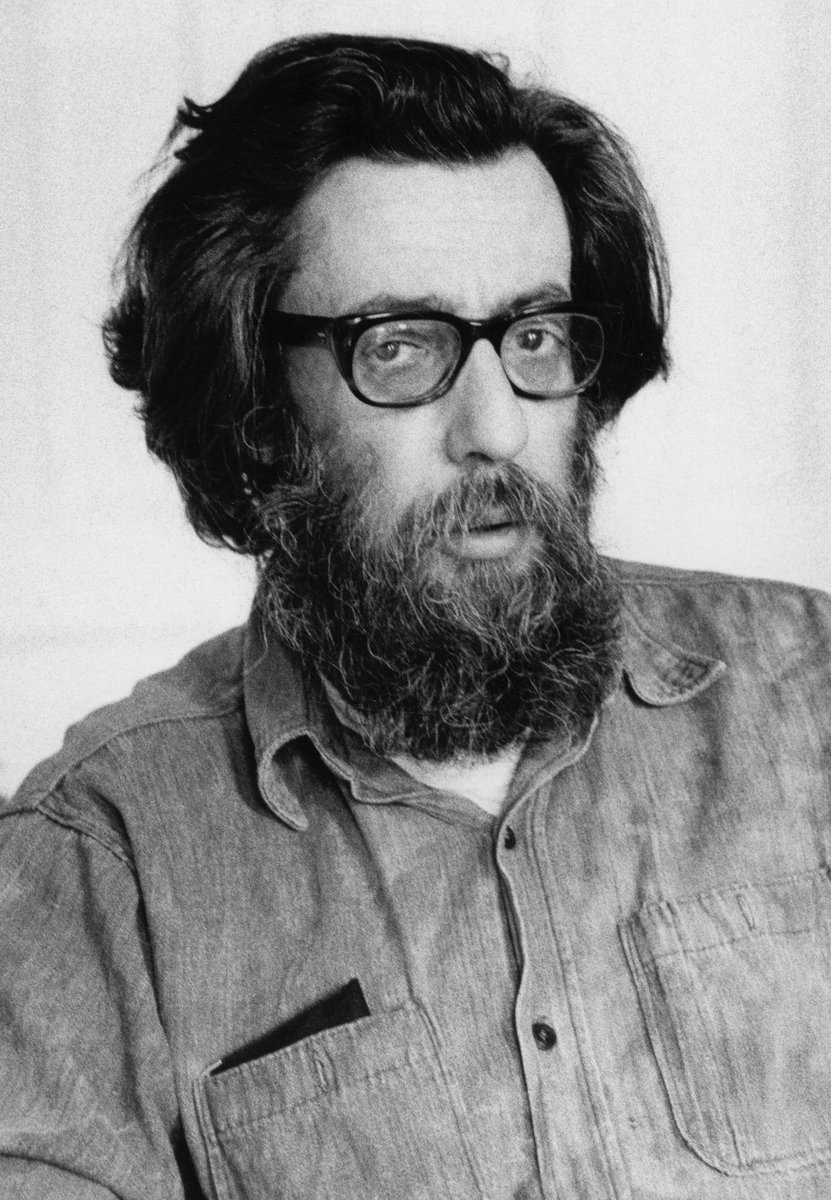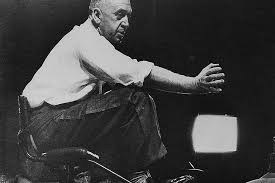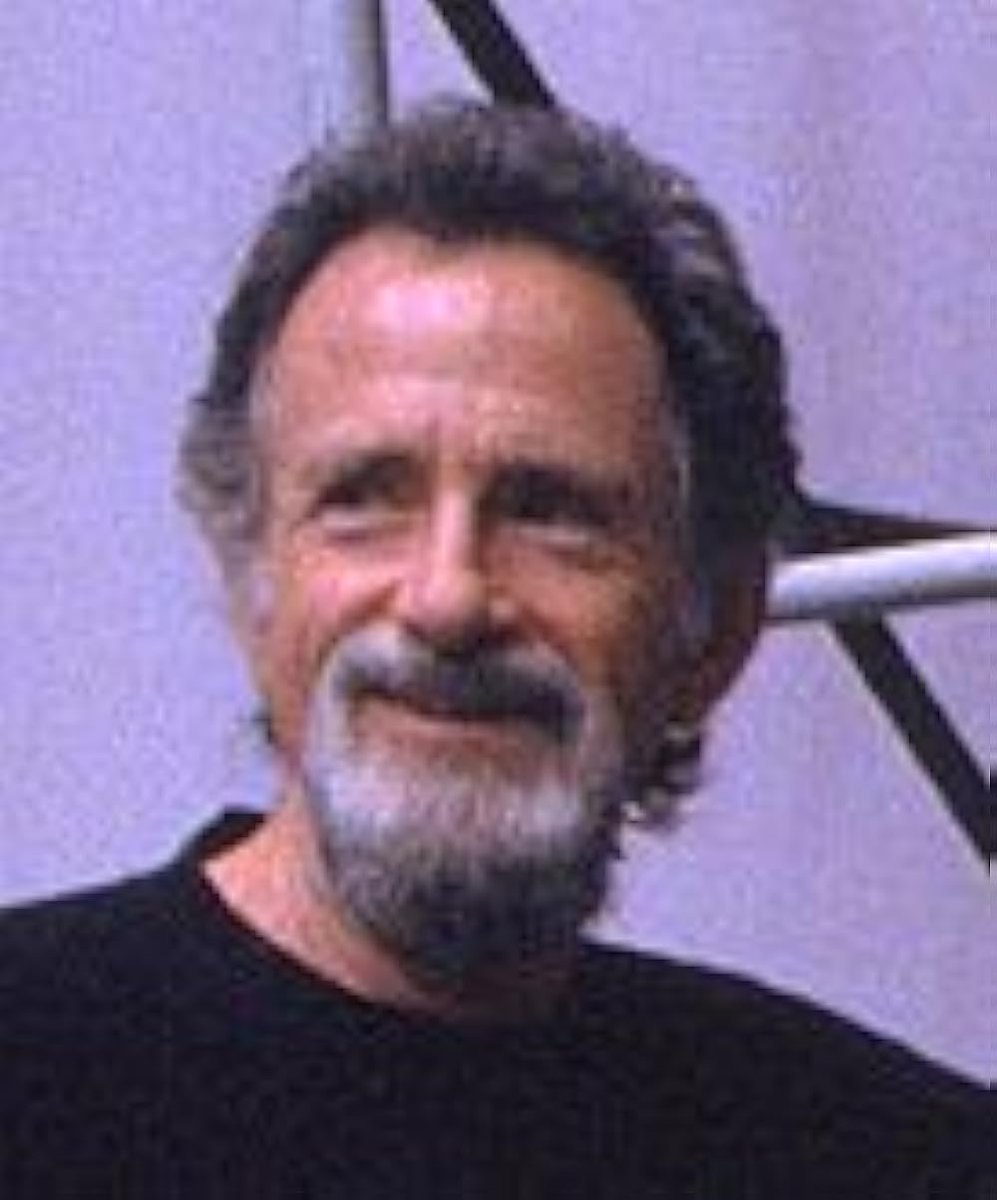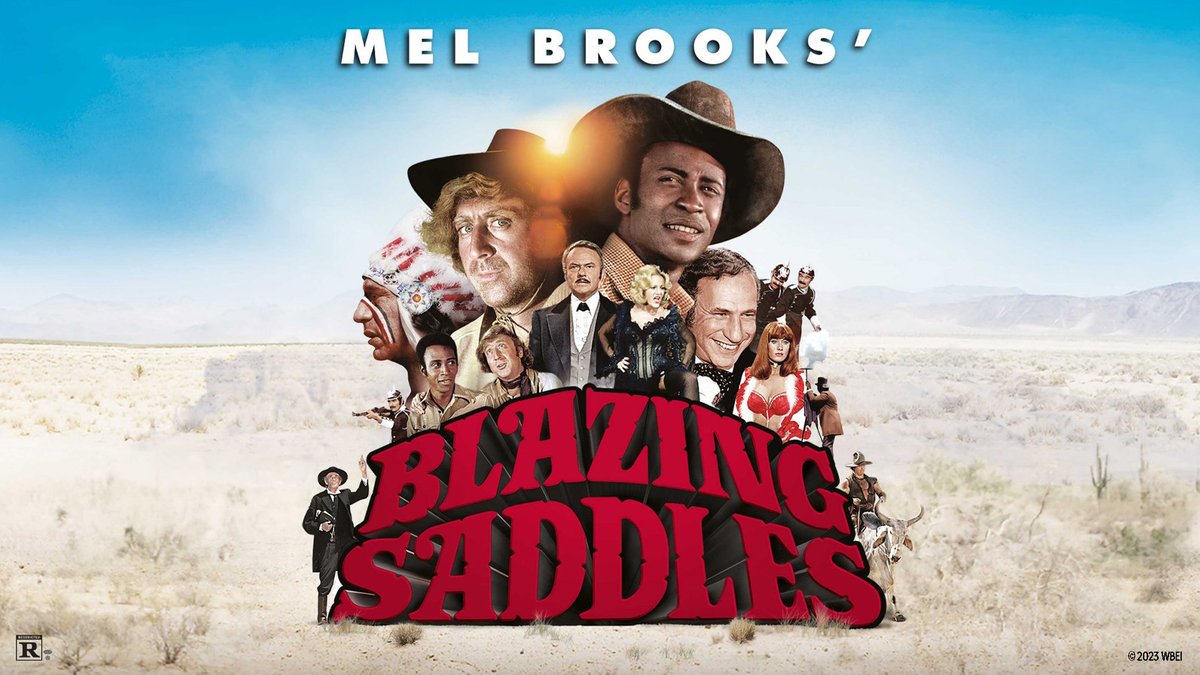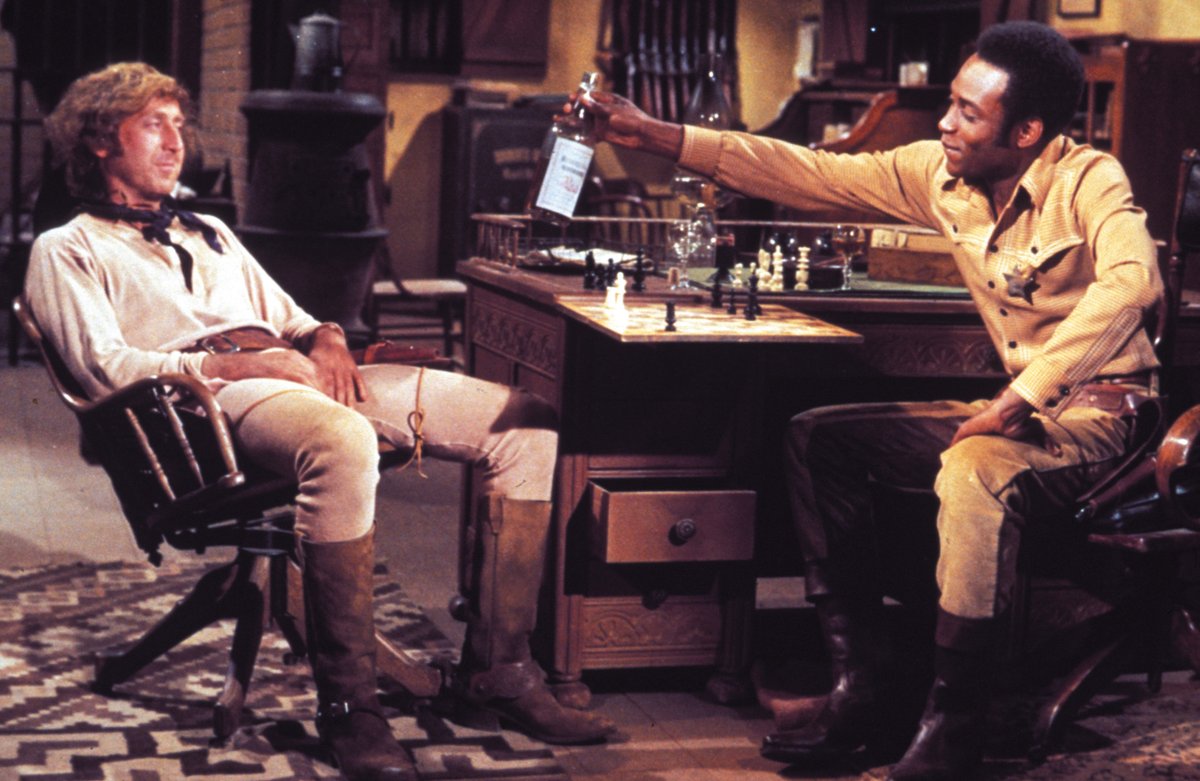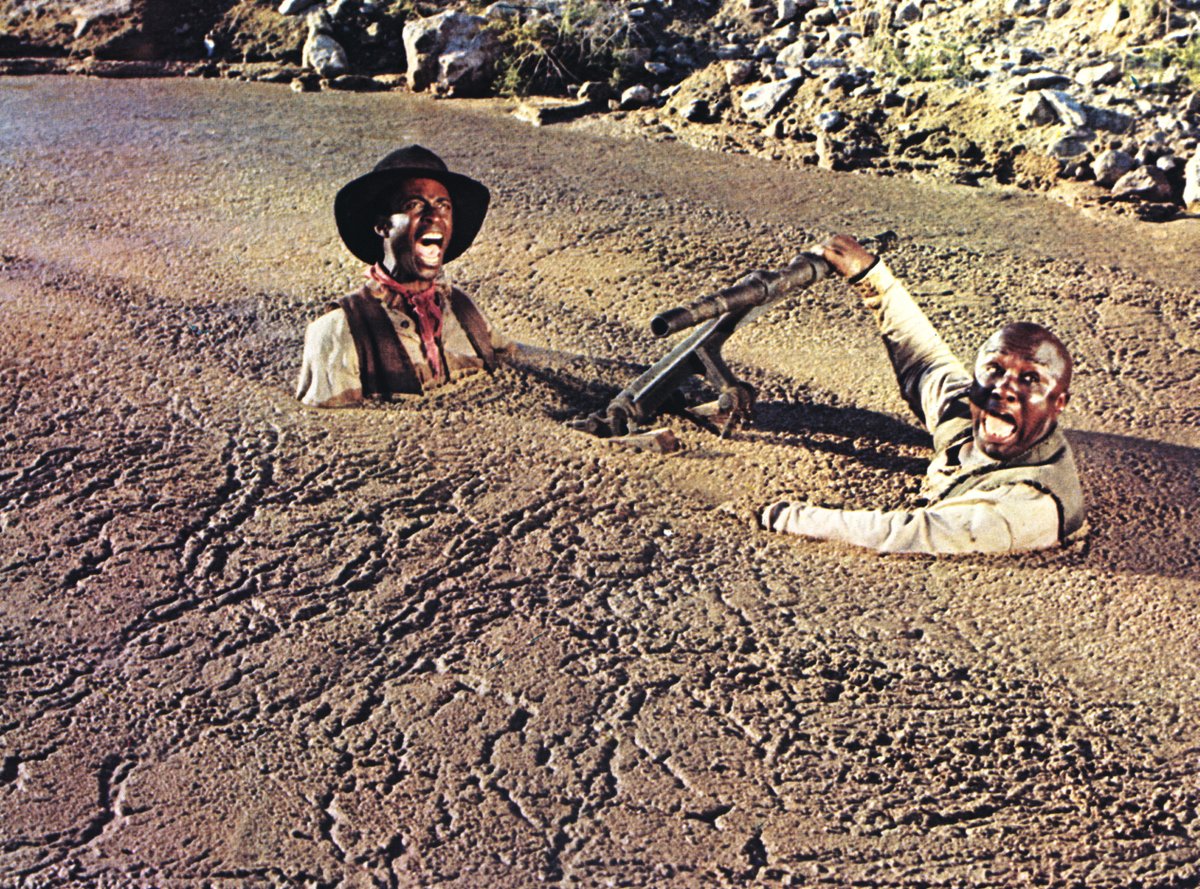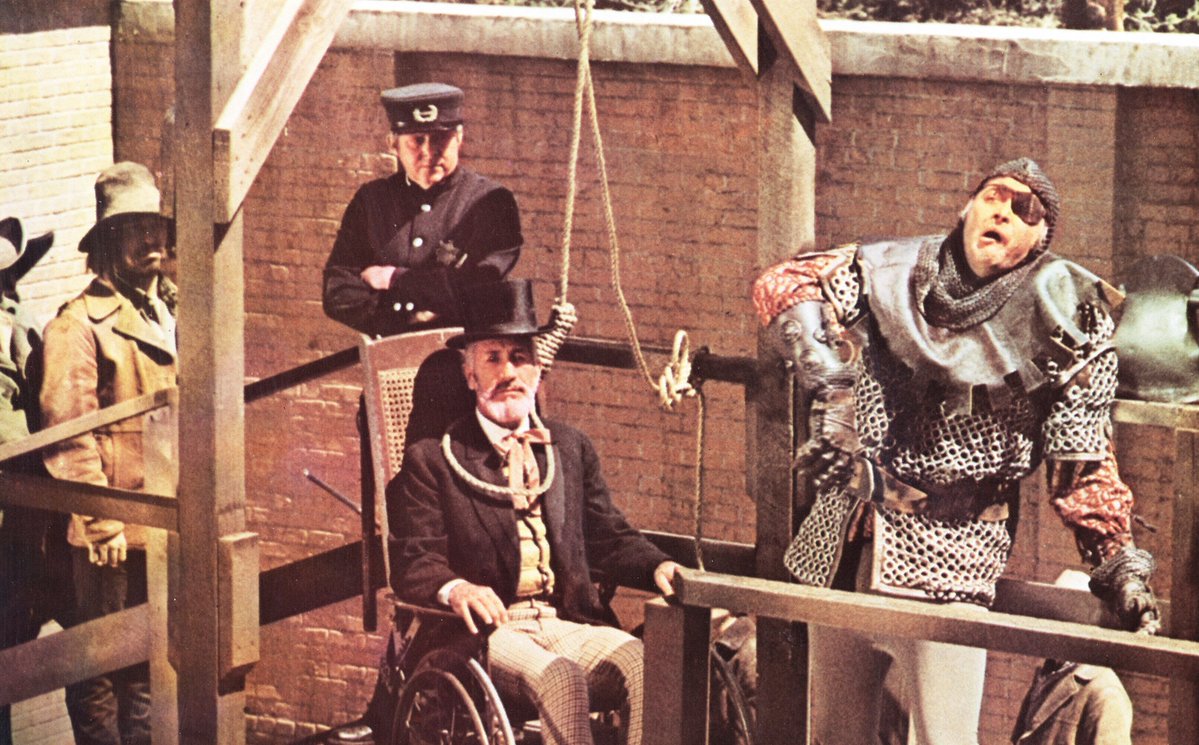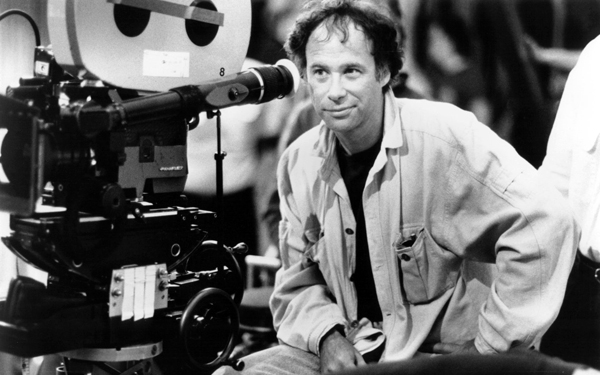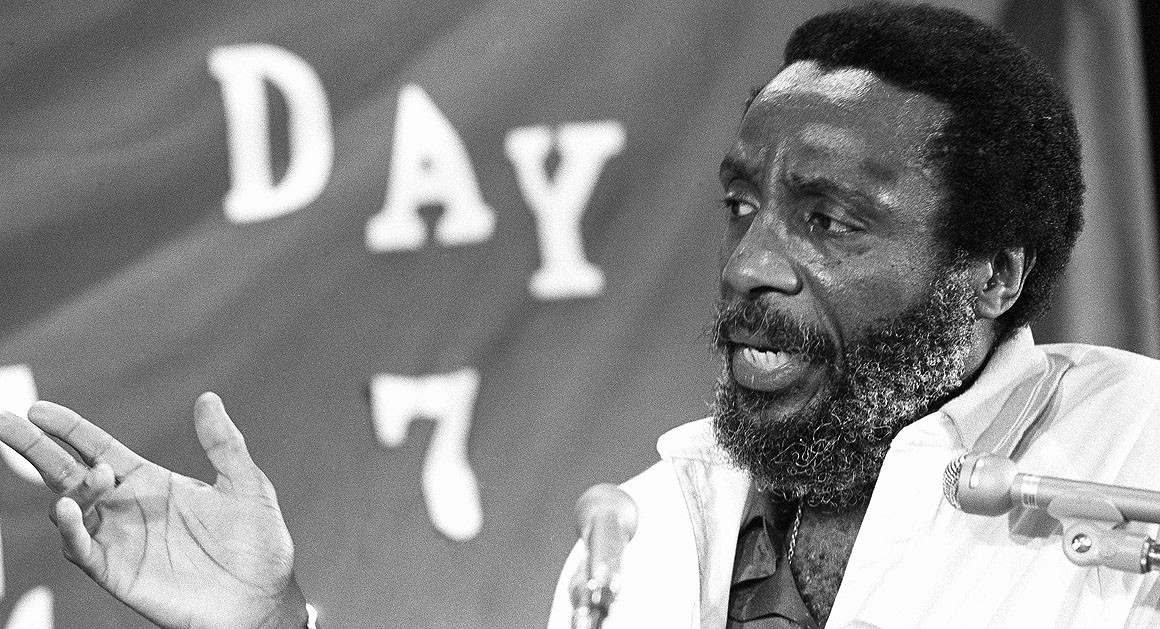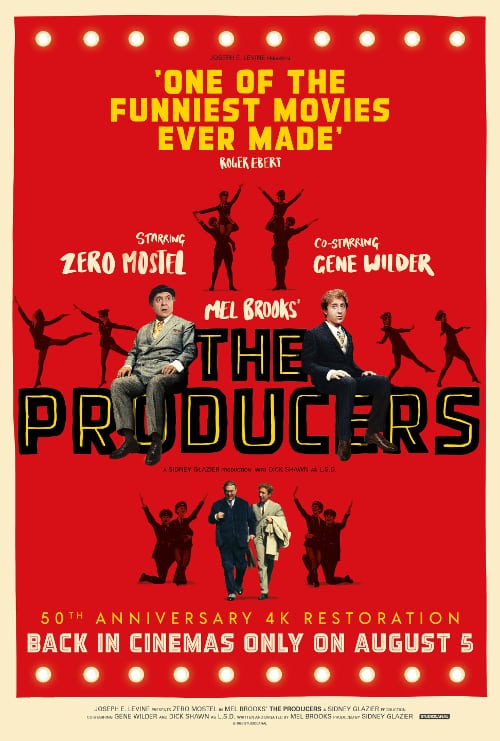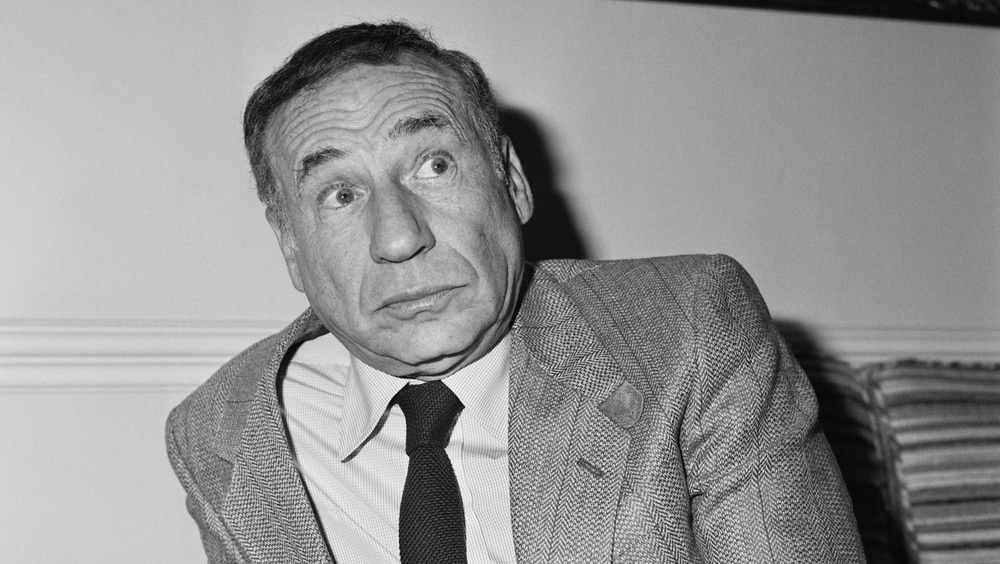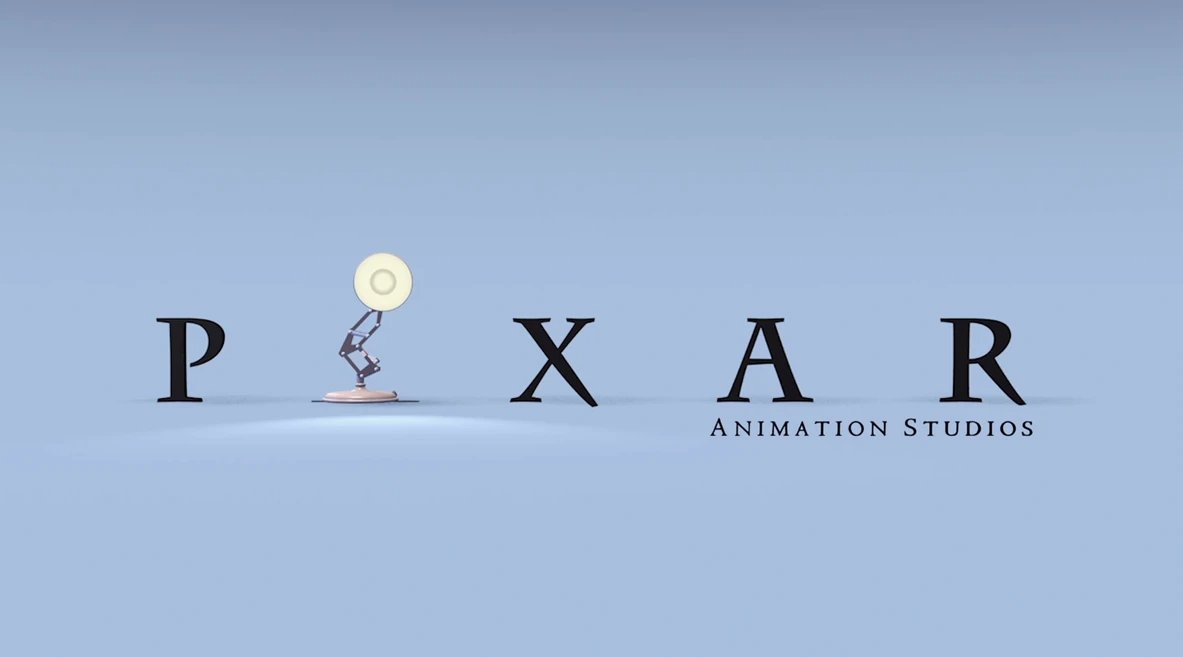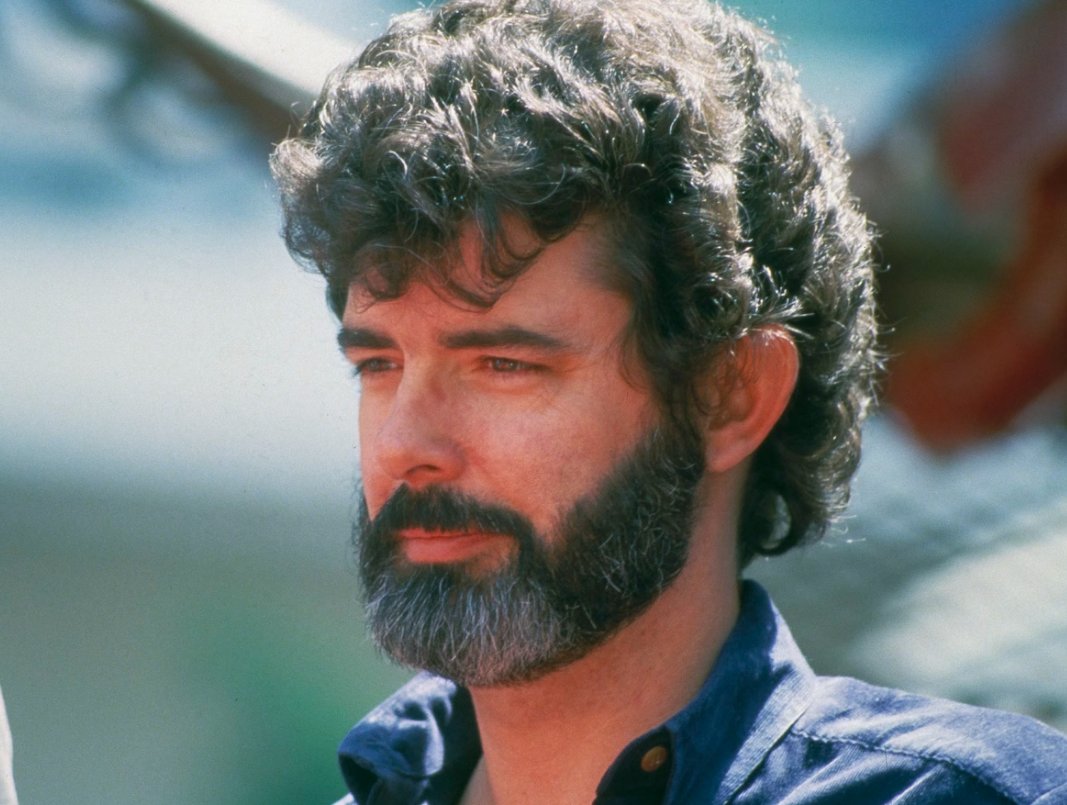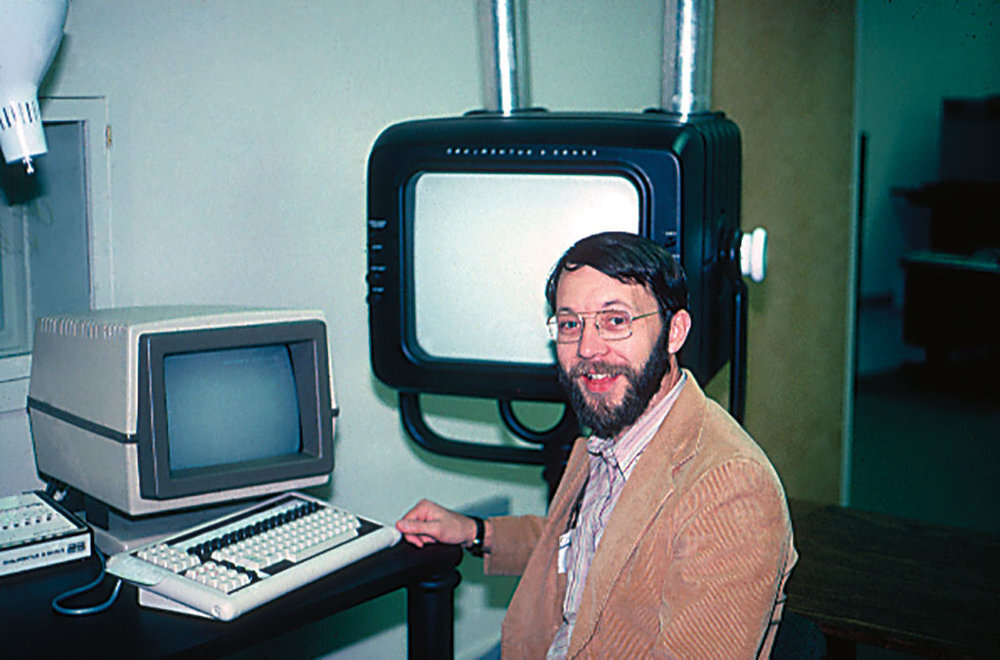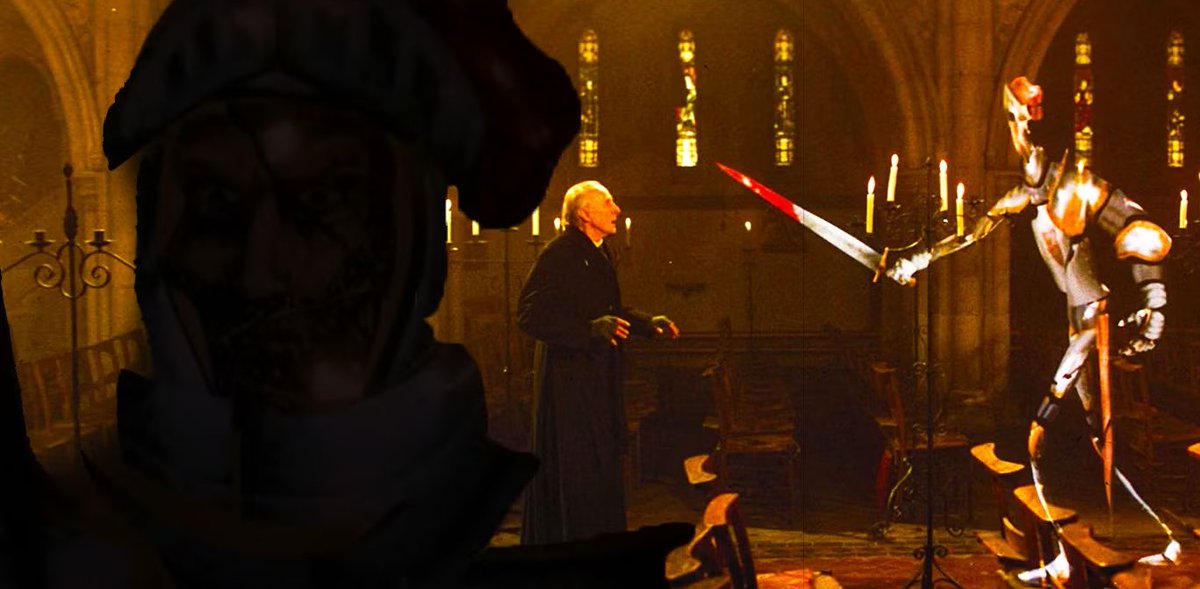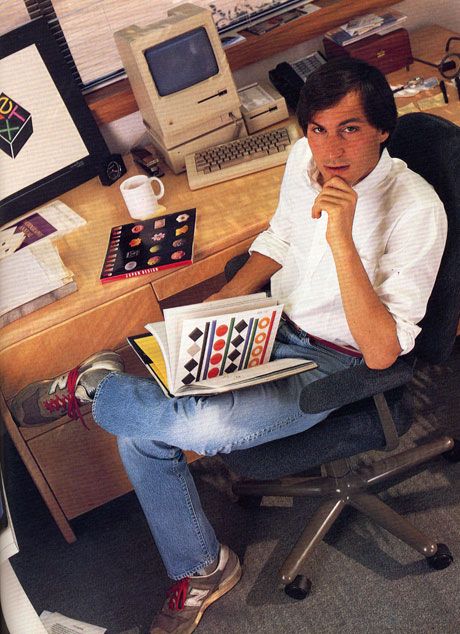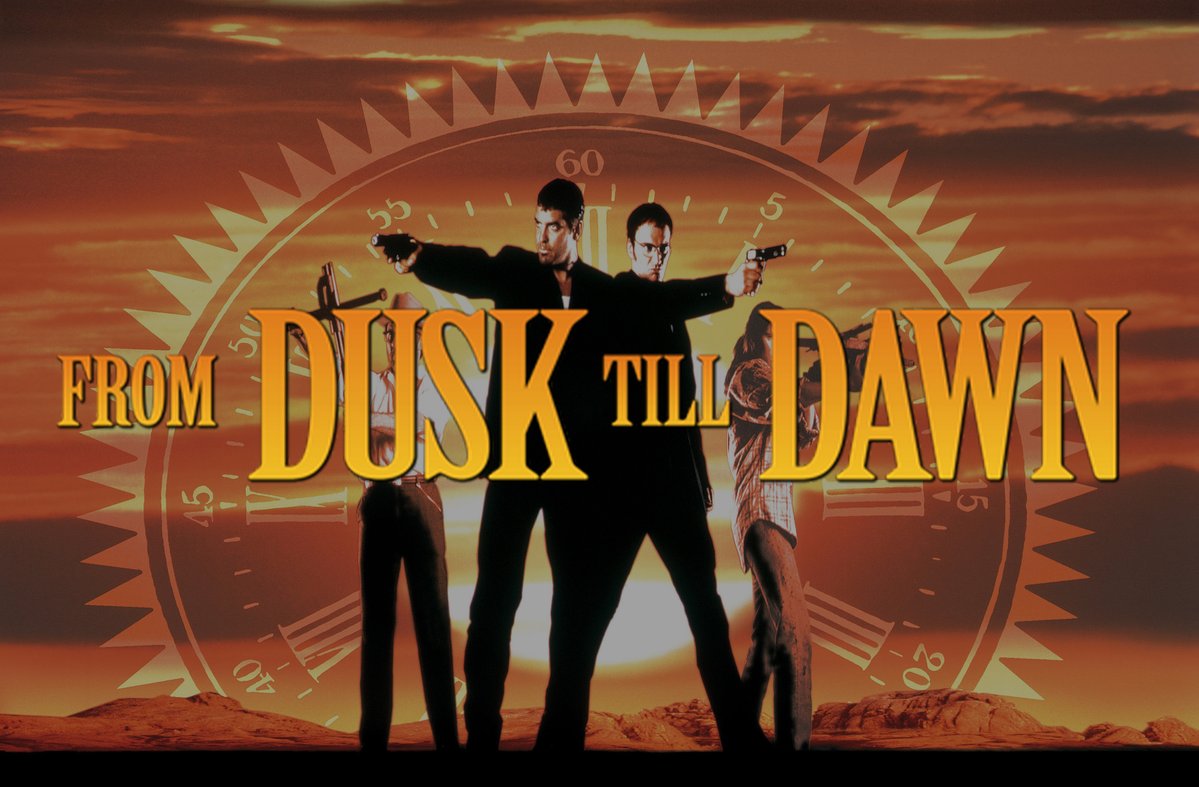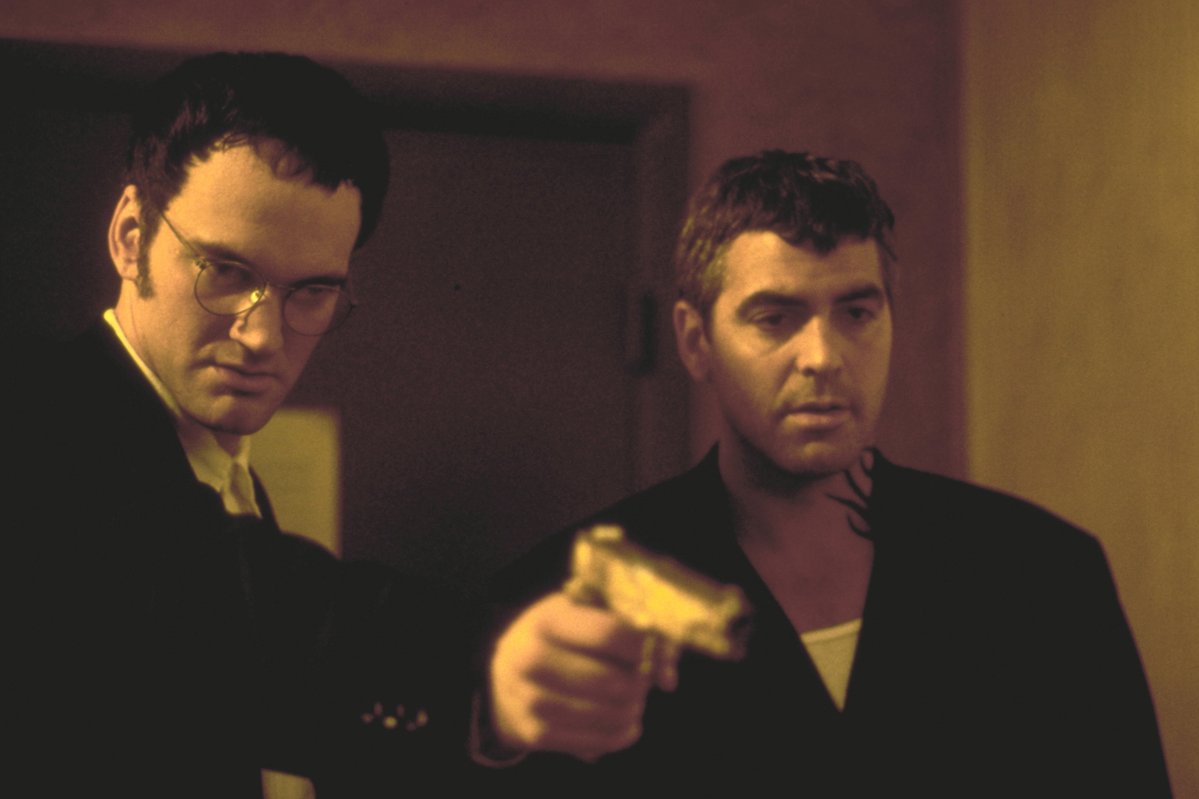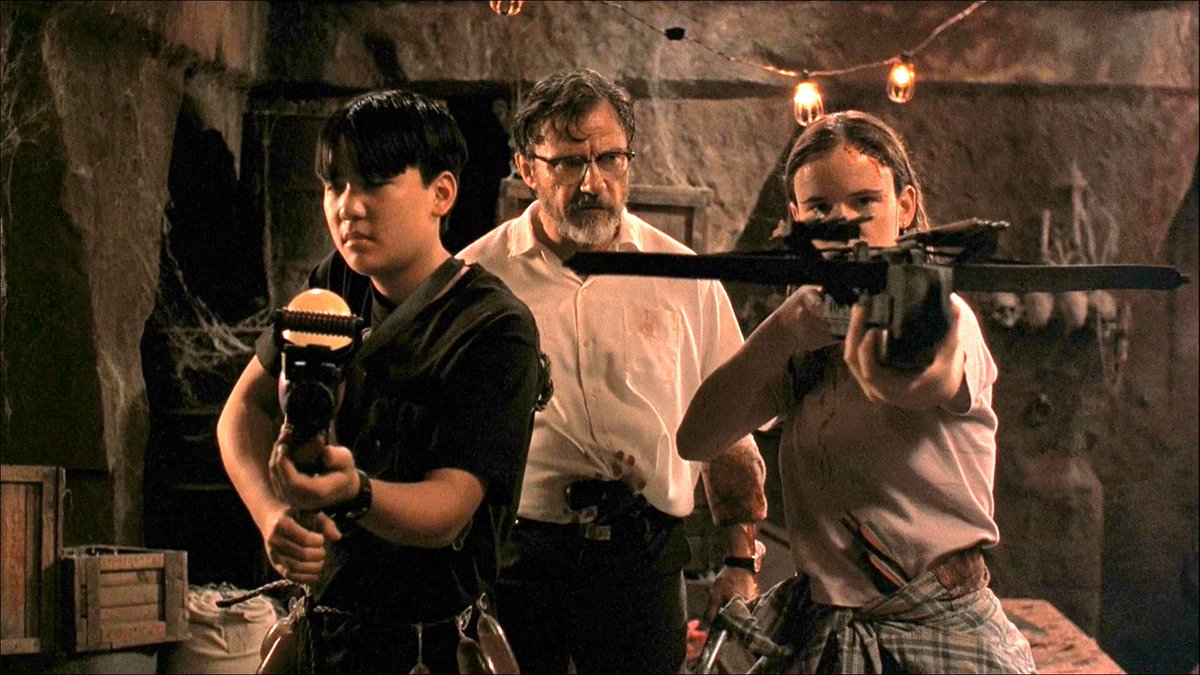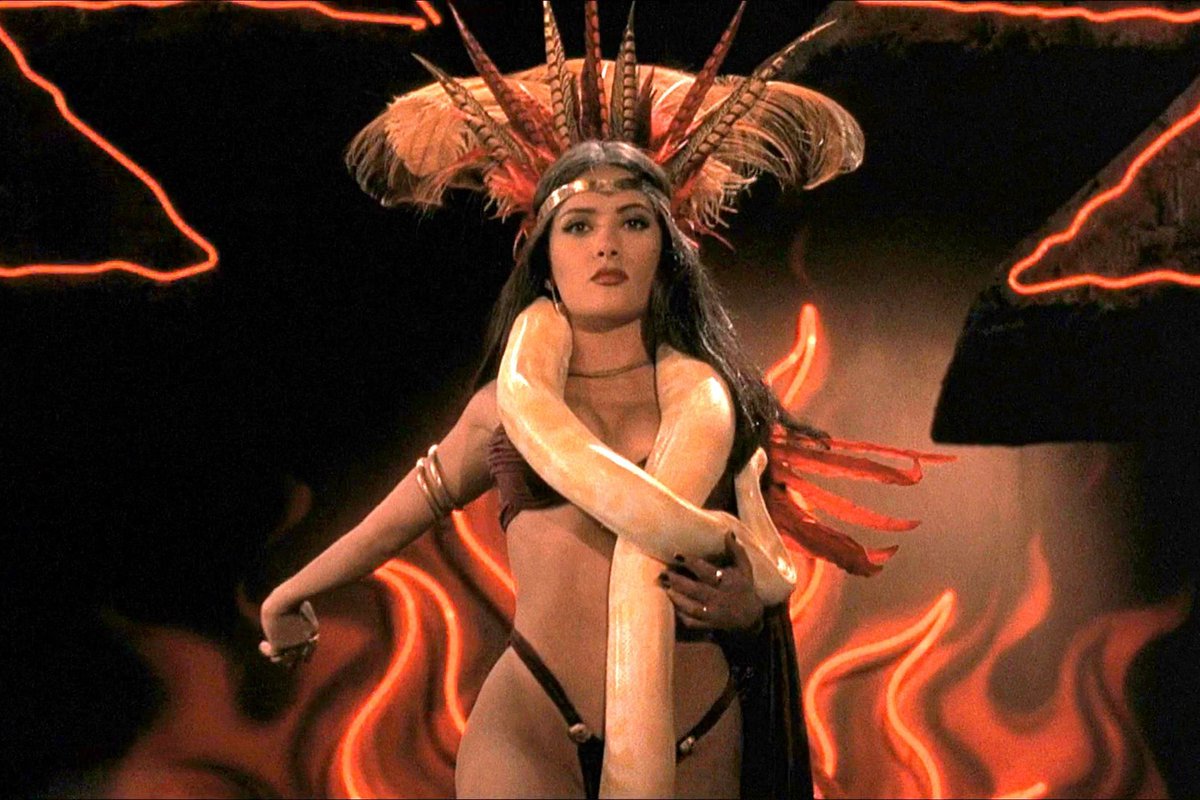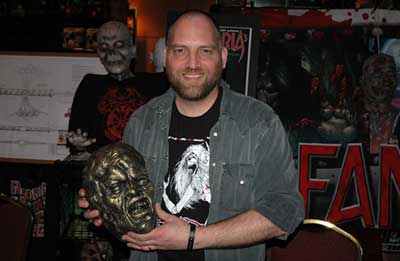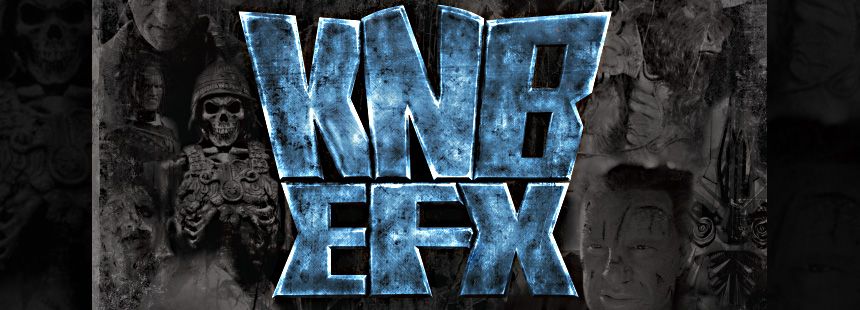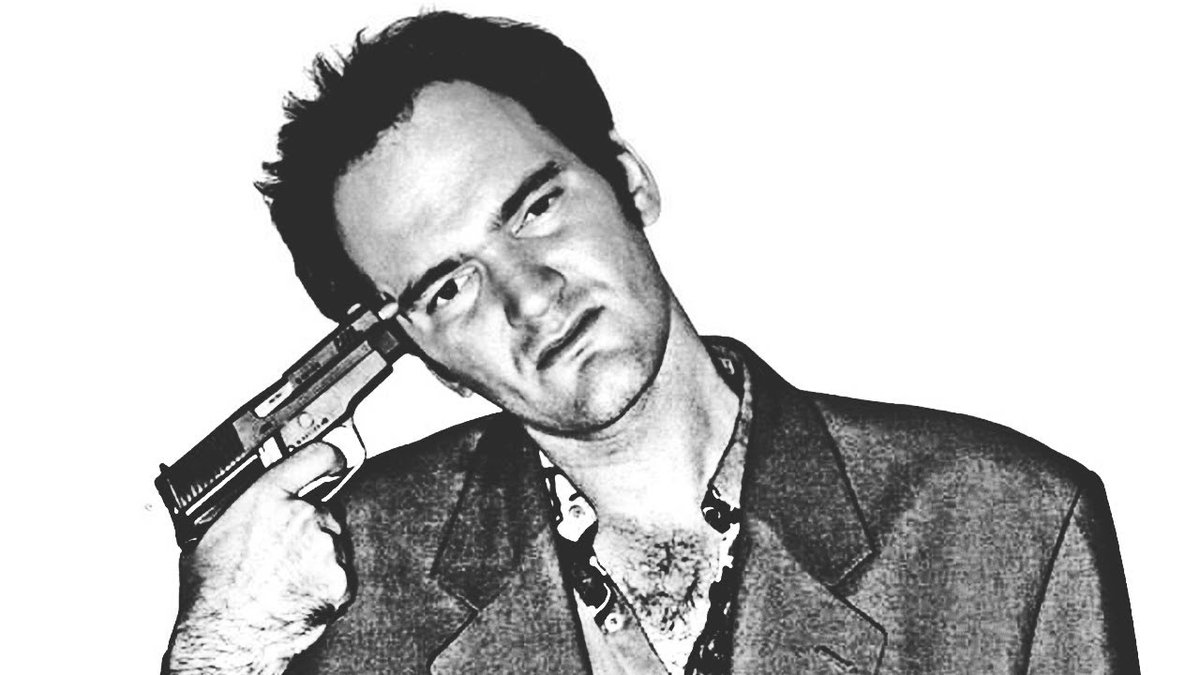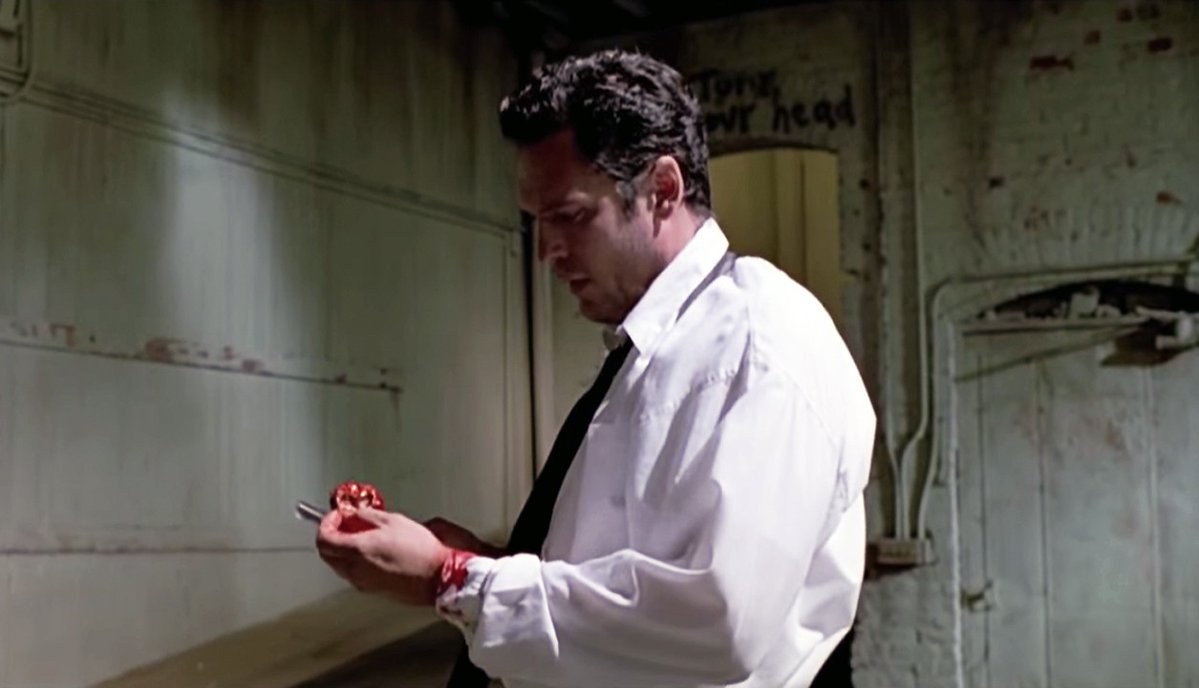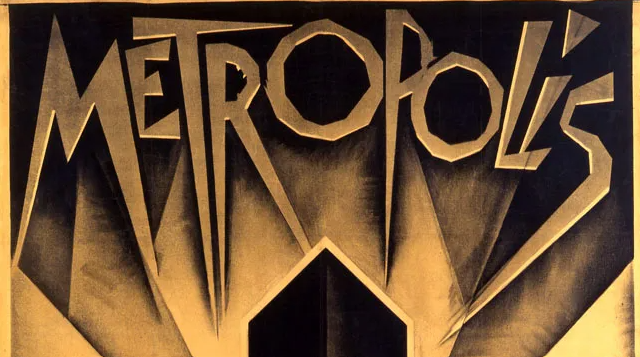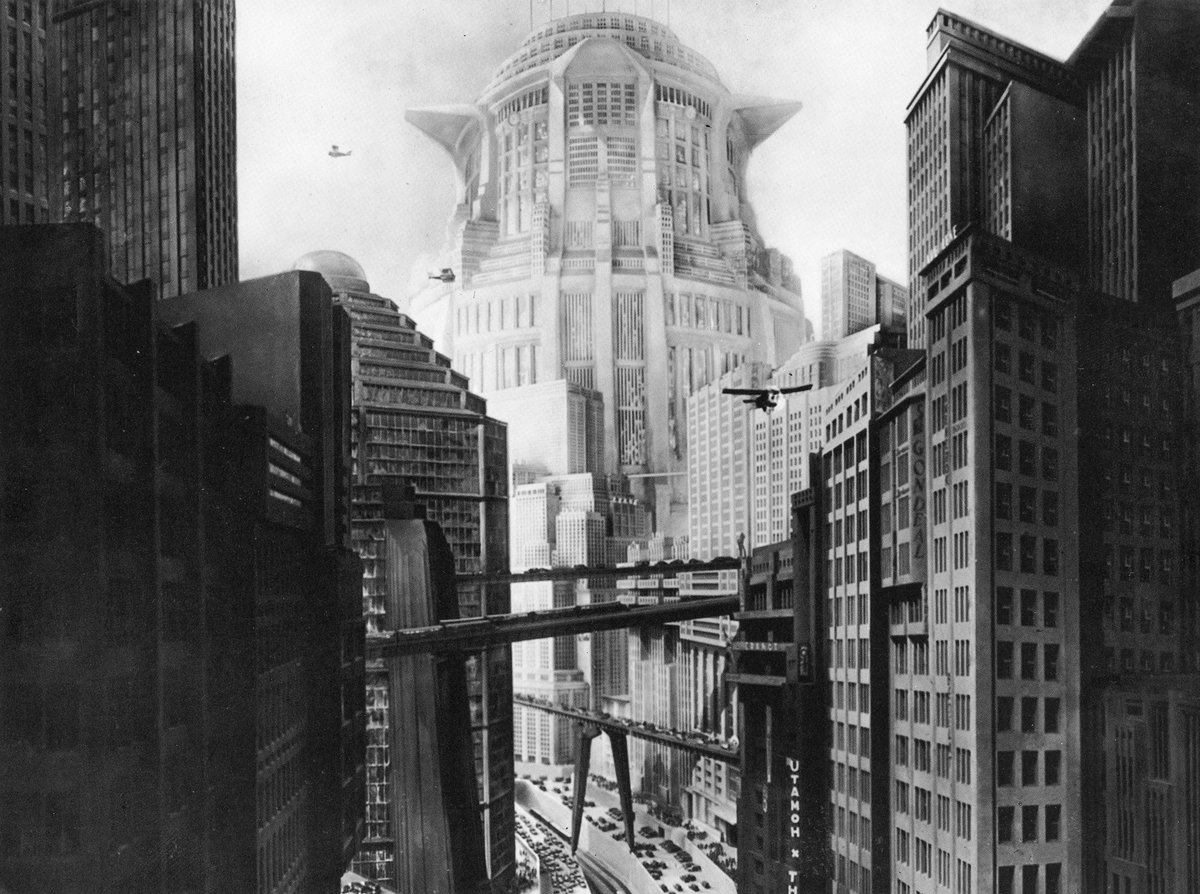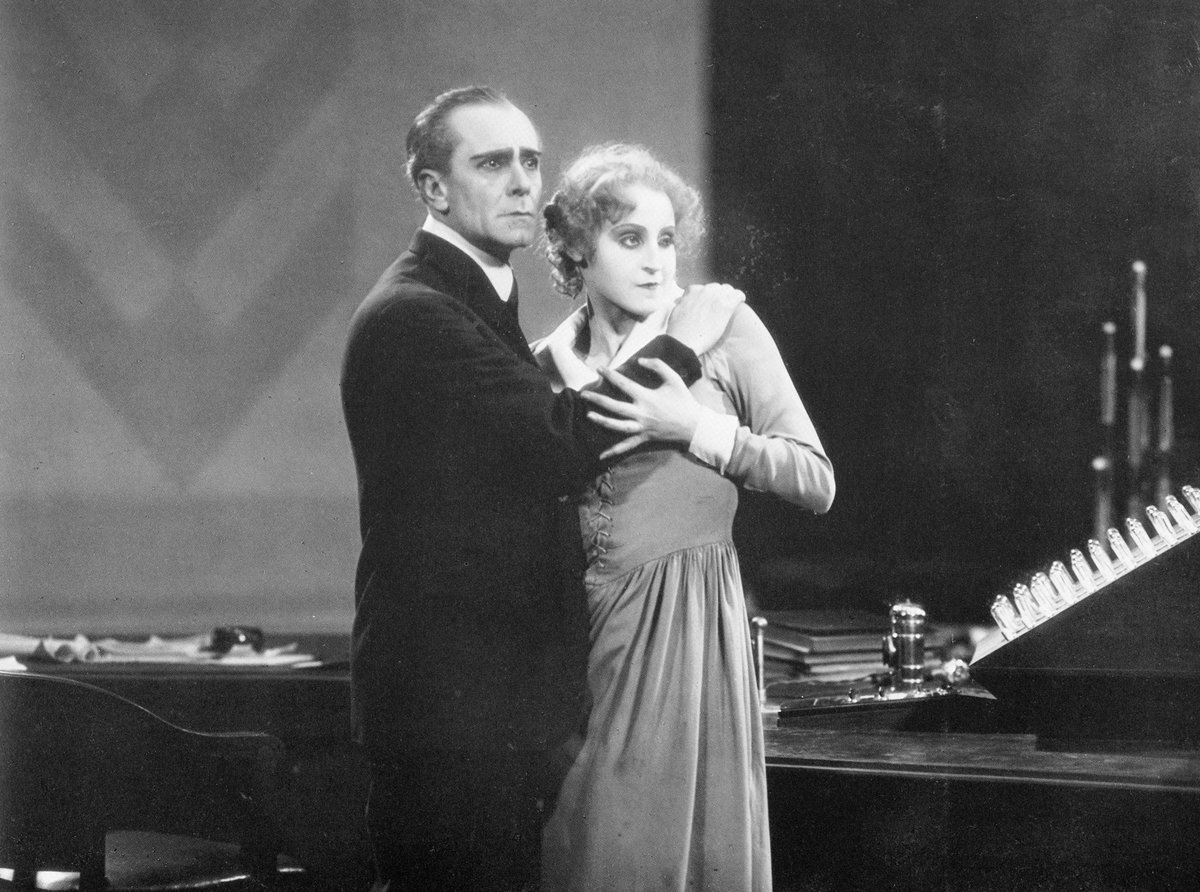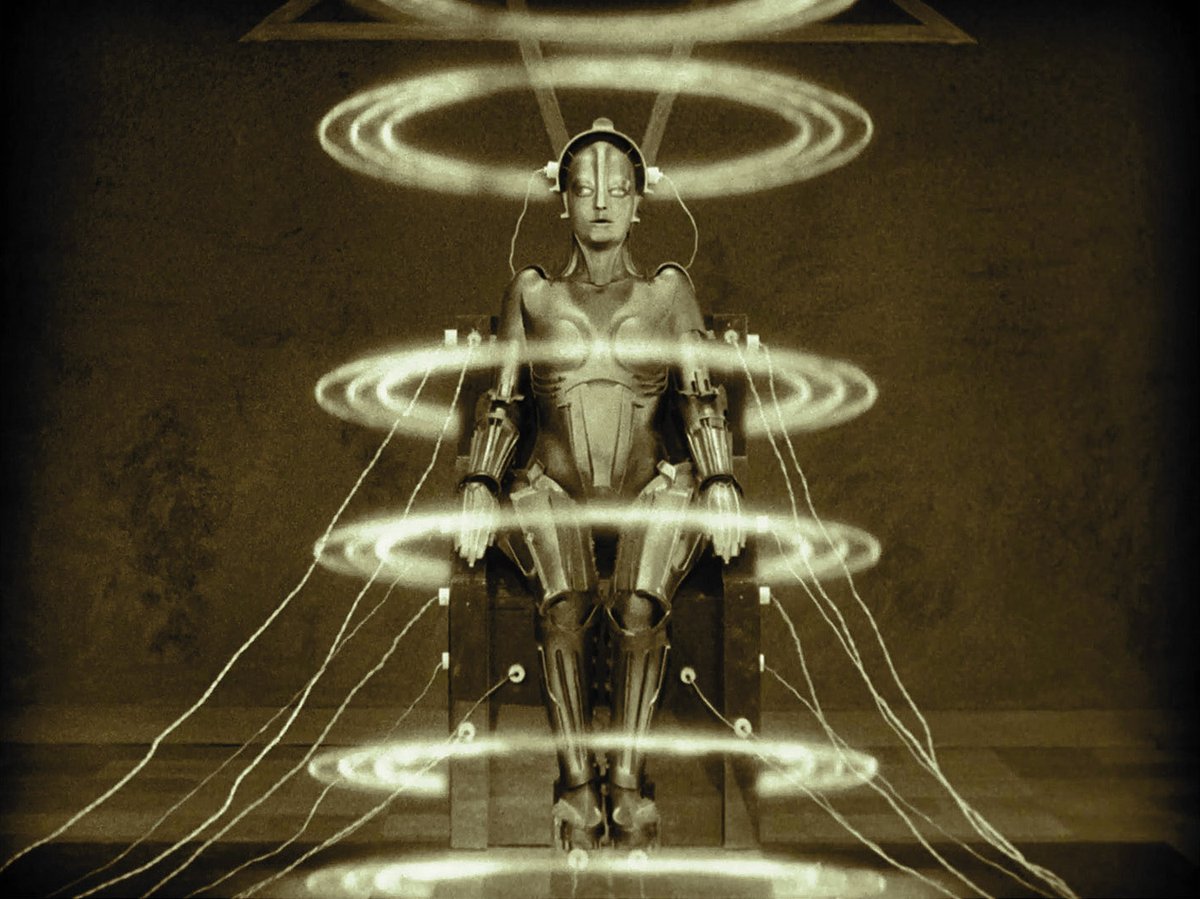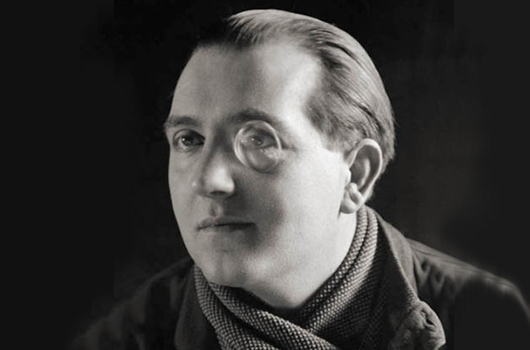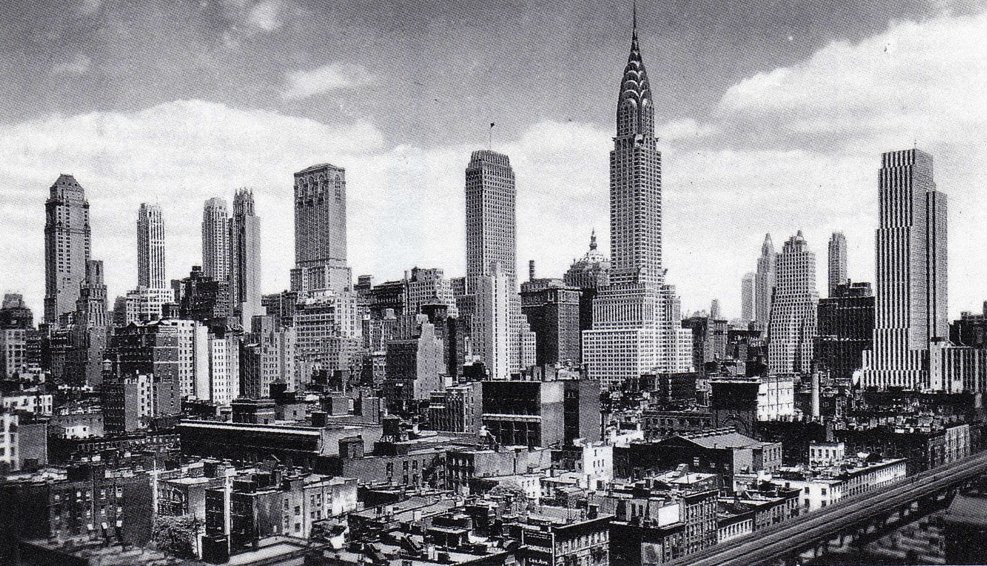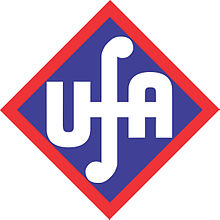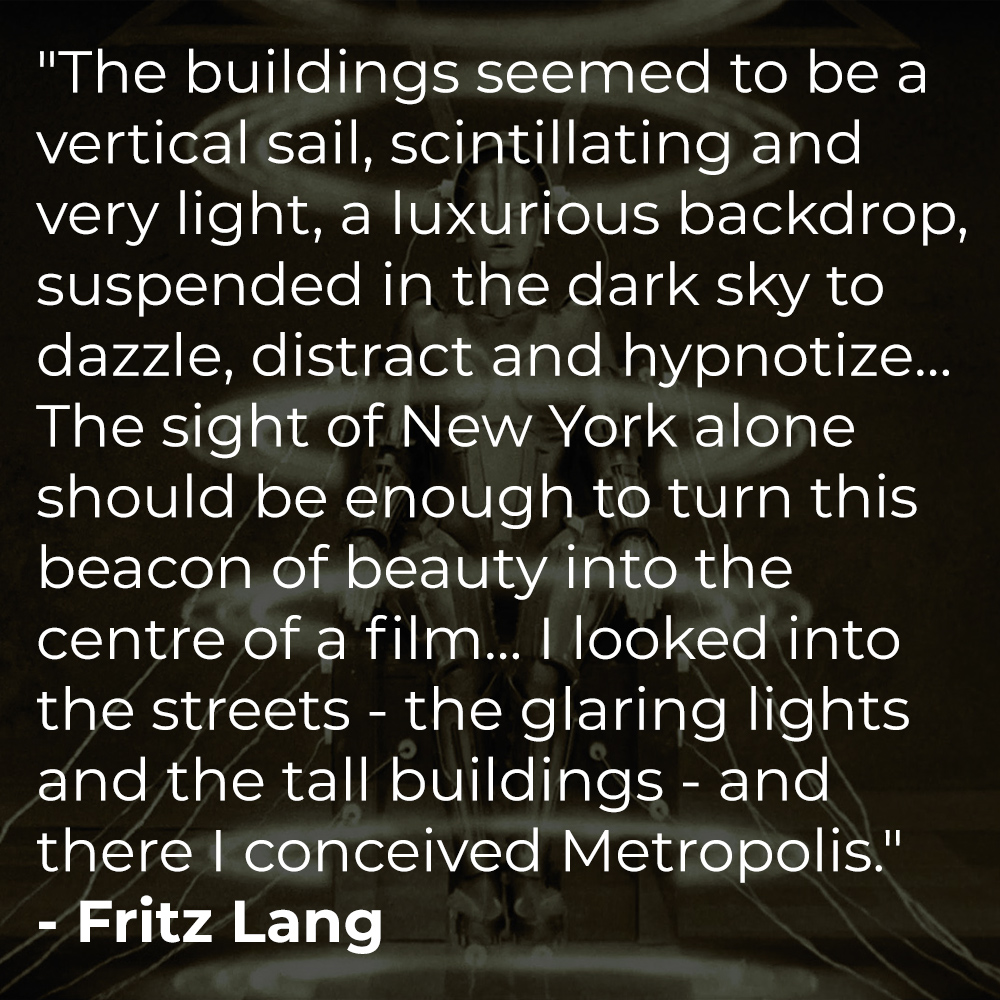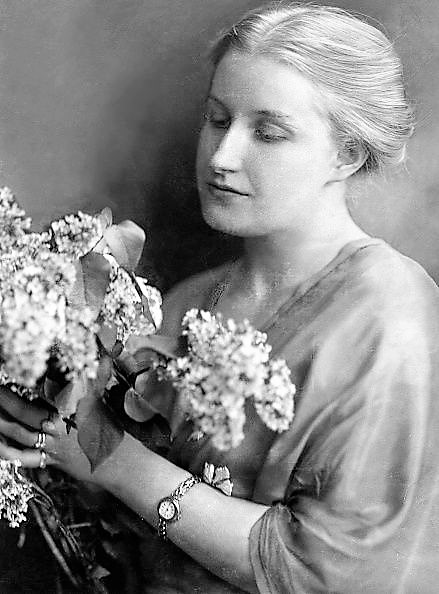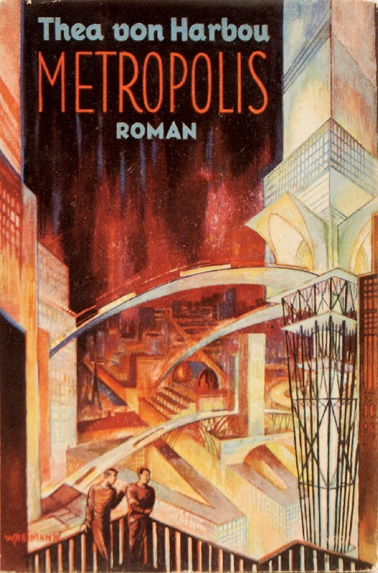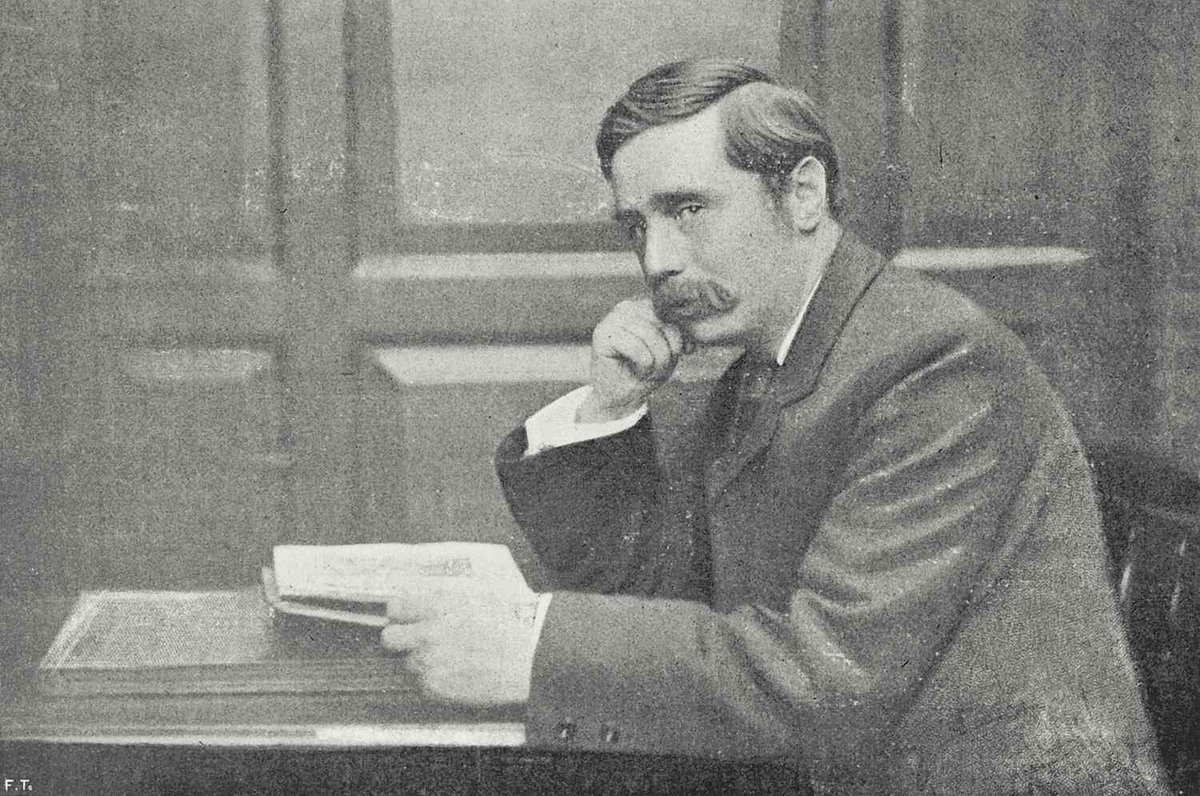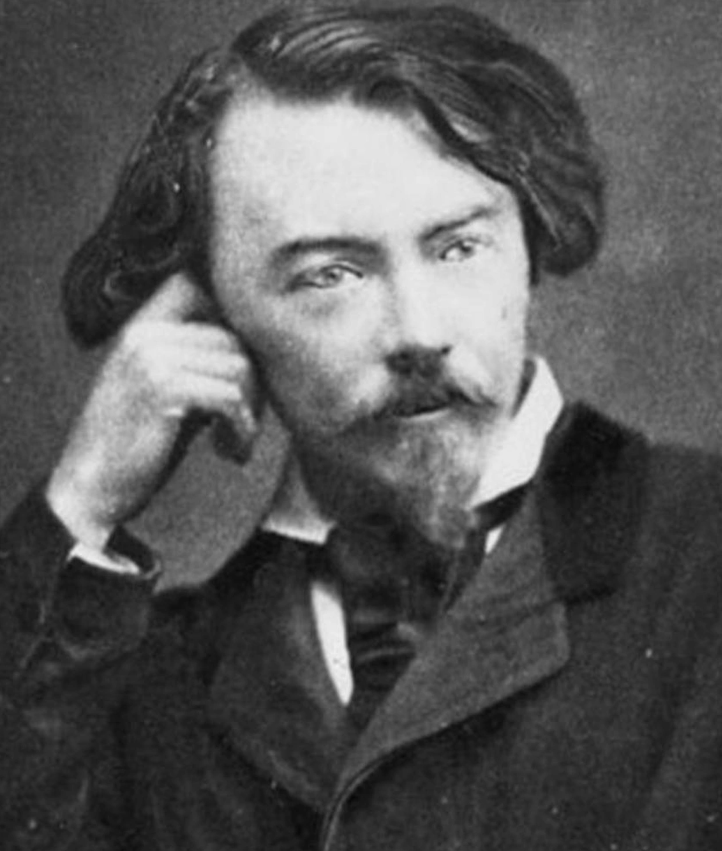COLLATERAL was released 19 years ago today. Acclaimed as one of the great great thrillers of the early 21st century and among Michael Mann’s best, the making of story is pretty massive…
A THREAD
1/31




A THREAD
1/31


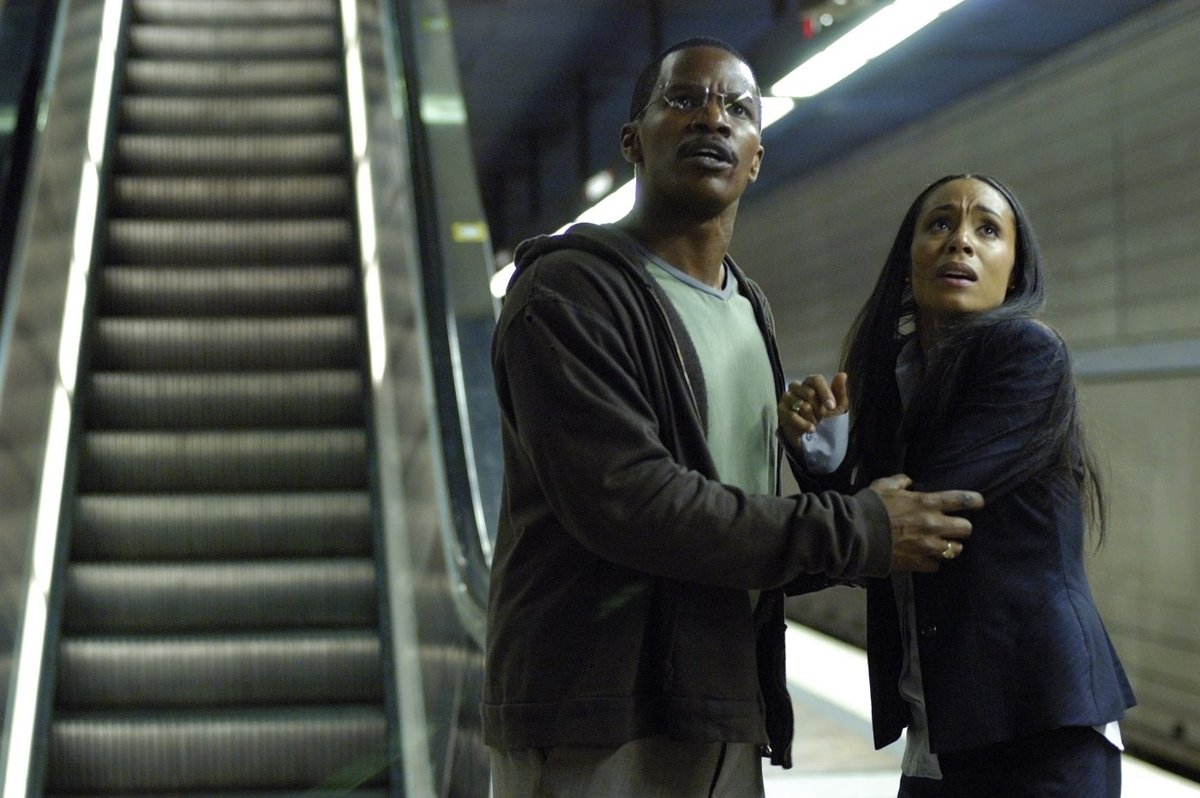
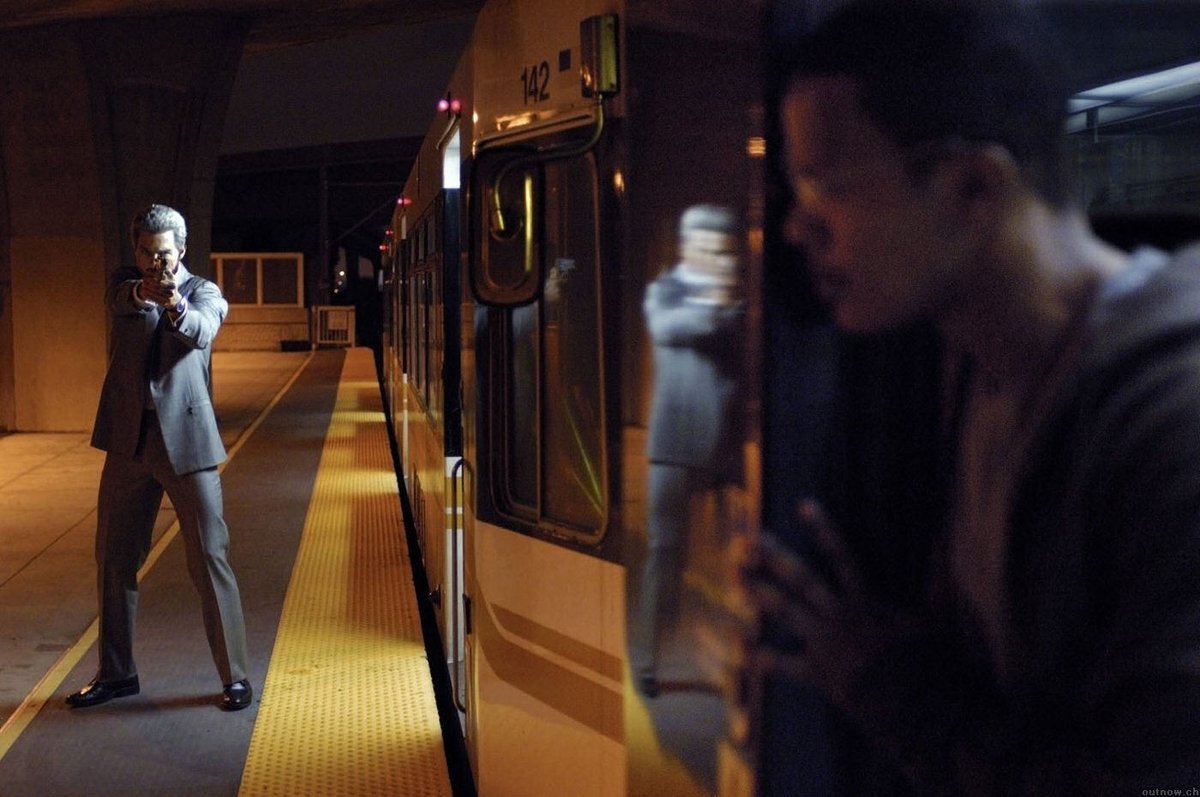
When he was 17 years old, aspiring Australian writer Stuart Beattie took a cab from Sydney airport. That journey gave him the idea of a murderous maniac entering a normal drive’s taxi. He turned this into his first screenplay, called The Last Domino.
2/31


2/31


A couple of years later, Beattie was waiting tables and ran into Julie Richardson, who he knew from a UCLA screenwriting course. Richardson was now a producer and looking for projects for Frank Darabont’s Edge City. Beattie pitched her The Last Domino.
3/31


3/31
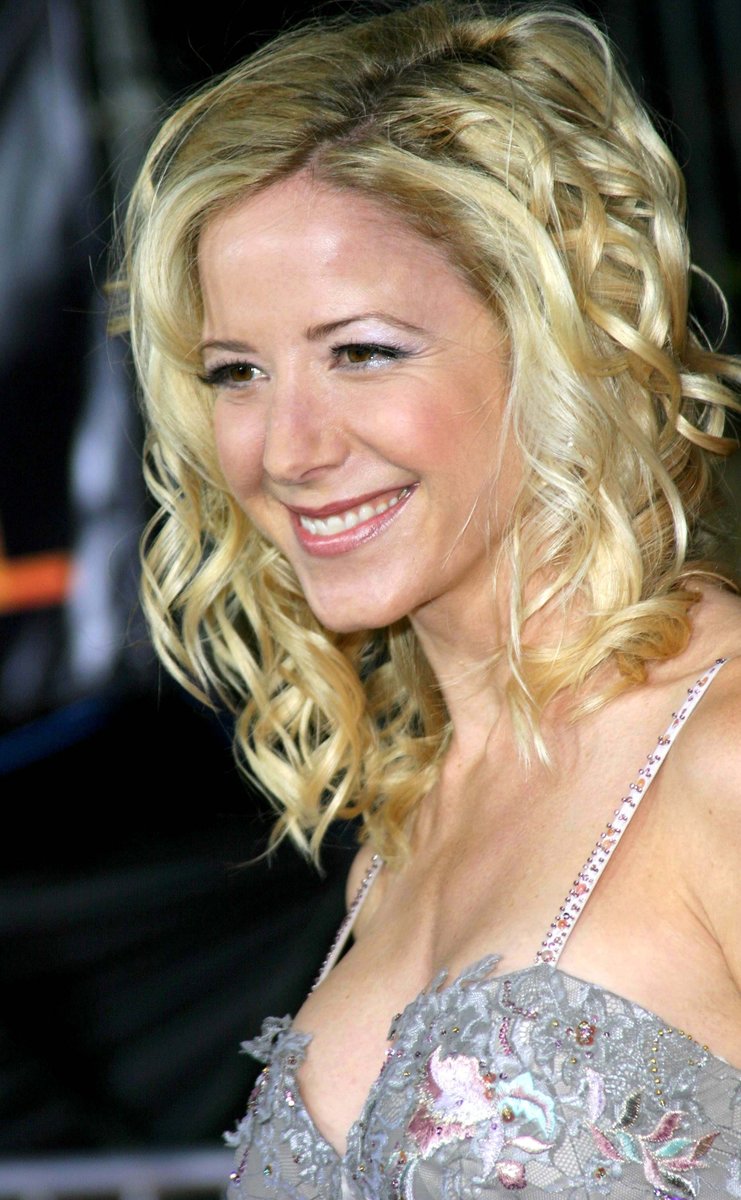

Edge City had been created to make thrillers for HBO. Revisions were made to the screenplay by both Beattie and Darabont, but HBO passed. Beattie then pitched it to Dreamworks, and they bought the screenplay.
4/31


4/31


Mimi Leder was the first person attached to direct, and then Janusz Kaminski. The script was then offered to Fernando Meirelles. He later said he’d planned on making the film as an After Hours style romp, but wasn’t keen on relocating to L.A. for 8 months.
5/31




5/31




Russell Crowe came across the script and was interested in playing the antagonist, Vincent. He brought in Michael Mann, who he’d just worked with on The Insider, to direct. However, after lengthy delays, Crowe left the project.
6/31



6/31



The film had special meaning to Mann as he used to drive a cab. His father did too, and his grandfather once owned a cab company. Mann said he was drawn to the fact that the whole film was "like the third act of a traditional drama." He stayed on board as director.
7/31


7/31


To play hitman Vincent, Mann considered Leonardo DiCaprio, but he had conflicts with The Aviator. John Travolta and Colin Farell were also considered as strong options by Mann.
8/31




8/31




Mann then went to Tom Cruise with the script. The idea was Cruise would play hitman Vincent and the protagonist – cabbie Max – would be played by Adam Sandler. Sandler couldn’t sign on due to conflicts with Spanglish, but Cruise was on board.
9/31


9/31


To prepare for the part of Vincent, Cruise would make FedEx deliveries in a crowded L.A. market without being recognised. He also trained for 3 months on the L.A. County Sheriff’s combat ranges, learning to fire live rounds.
10/31


10/31


Cruise's draw became so good that the scene below was reportedly used by experts in lessons for handgun training. Mann later said “Tom is extraordinarily skilled at everything athletic that he tries.”
11/31
11/31
When he wrote the script, Stuart Beattie had wanted Robert De Niro to play cabbie Max. Johnny Depp and Cuba Gooding jr were both considered by Mann. Instead, he turned to Jamie Foxx who signed on as Max.
12/31




12/31




In preparation for the role, Jamie Foxx trained as a cab driver. And he prepared for the car chase sequences by racing old cars at Willow Springs Raceway in the Mohave Desert. Michael Mann would often join him.
13/31


13/31


Max's mother was played by Irma P. Hall. During filming, Foxx discovered Hall was from a small Texas town near to his own. They realised they even knew some of the same people.
14/31


14/31


Cruise and Foxx reportedly became great friends during filming. Cruise surprised Foxx on his birthday with a piñata filled with skittles, Foxx's favourite candy. And Foxx said that one time, Cruise bought the cast and crew In-N-Out Burgers during one night shoot.
15/31



15/31



Cruise and Foxx worked well together on the set too…
16/31
16/31
After working with Mann in Heat, Val Kilmer was the first person cast in the role of Detective Fanning. He had to pull out due to scheduling conflicts with Alexander though, and was replaced by Mark Ruffalo. Ruffalo also went through handgun training.
17/31


17/31


Javier Bardem played drug lord Felix Reyes-Torrena. Bardem was only on the set filming for two days but said he spent several months learning to speak English with a Mexican dialect.
18/31
18/31
When Mann came on board, the script was set in New York. Mann immediately changed that to Los Angeles, as he knew it so well. Many of the addresses Vincent gives Max are the real locations where those scenes were shot.
19/31




19/31




In the script, Vincent’s surname was revealed to be Collateral, and there is a deleted scene that confirms this. And that’s where the name of the film comes from.
20/31


20/31


In writing the character of Vincent, Mann said he used Cary Grant’s performance in His Girl Friday as an inspiration. He liked Grant’s “use of irony, his droll wit, and his facile nihilism.”
21/31


21/31


Three weeks into production, cinematographer Paul Cameron left the project - reportedly due to creative differences. Cameron later said the digital cameras Mann wanted to use lacked the ergonomics, colour bandwidth, and lens support of non-digital.
22/31


22/31


Mann said this was one of the first movies to use digital video to its advantage, instead of trying to make it look like film. The sequence with Annie (Jada Pinkett Smith) was shot digital. Mann said "If we were shooting film, you wouldn't see any definition behind them."
23/31
23/31
Hans Zimmer was attached to at an early stage as composer. James Newton Howard was eventually hired. He recorded more than an hour of music for this film, only to have it replaced with source music, and additional music by Antonio Pinto.
24/31



24/31



The nightclub in the film is Fever. It was a real club called Bliss. The Max and Vincent enter at the real location, but the interior was filmed on a set specially built to handle the large number of extras and allow for the chaotic action to be filmed.
25/31
25/31
To help Cruise and Foxx develop their characters, Mann prepared documents detailing the full backgrounds of Vincent and Max. Cruise said that the document of Vincent had information on his father, which was where Vincent’s love of jazz came from.
26/31


26/31


Mann would do lots of takes during filming. Ruffalo said the scene below was over 80 takes, meaning “You begin to lose your shit.” Foxx said Michael can take a lot of takes until he gets what he wants."
27/31
27/31
The stunt when Max rams the cab into a wall and flips it was captured in one take with the car coming to a stop exactly where they planned. Mann thought it looked "too violent" and did two more takes, but they ended up using the first take footage anyway.
28/31
28/31
Mann has a meticulous attention to detail, but one moment was not planned. When Vincent falls on the chair, that was a real slip by Tom Cruise. Cruise stayed in character and kept going, so Mann kept it in.
29/31
29/31
Max says he sometimes gets lucky with the lights. He means traffic, but in the final showdown, the lights on the train go out just as Vincent is about to shoot, allowing Max to outshoot him.
30/31
30/31
On a budget of $65m, the film grossed $220.9m, so turned a good profit. It was received well by critics too and is now regarded as a classic Los Angeles-set Michael Mann thriller.
31/31




31/31



If you liked this thread, please RT the first tweet…
https://twitter.com/ATRightMovies/status/1688128149068914688?s=20
Our latest podcast is on FIGHT CLUB. Full of big laughs and opinions so please give it a listen 😀
alltherightmovies.com/podcast/fight-…
alltherightmovies.com/podcast/fight-…
• • •
Missing some Tweet in this thread? You can try to
force a refresh


